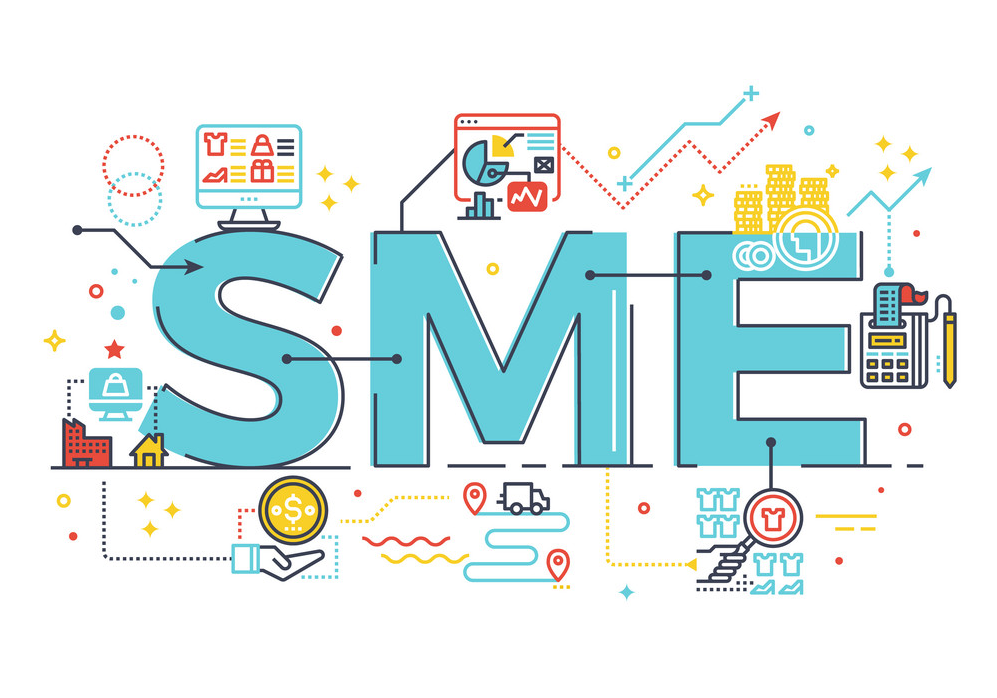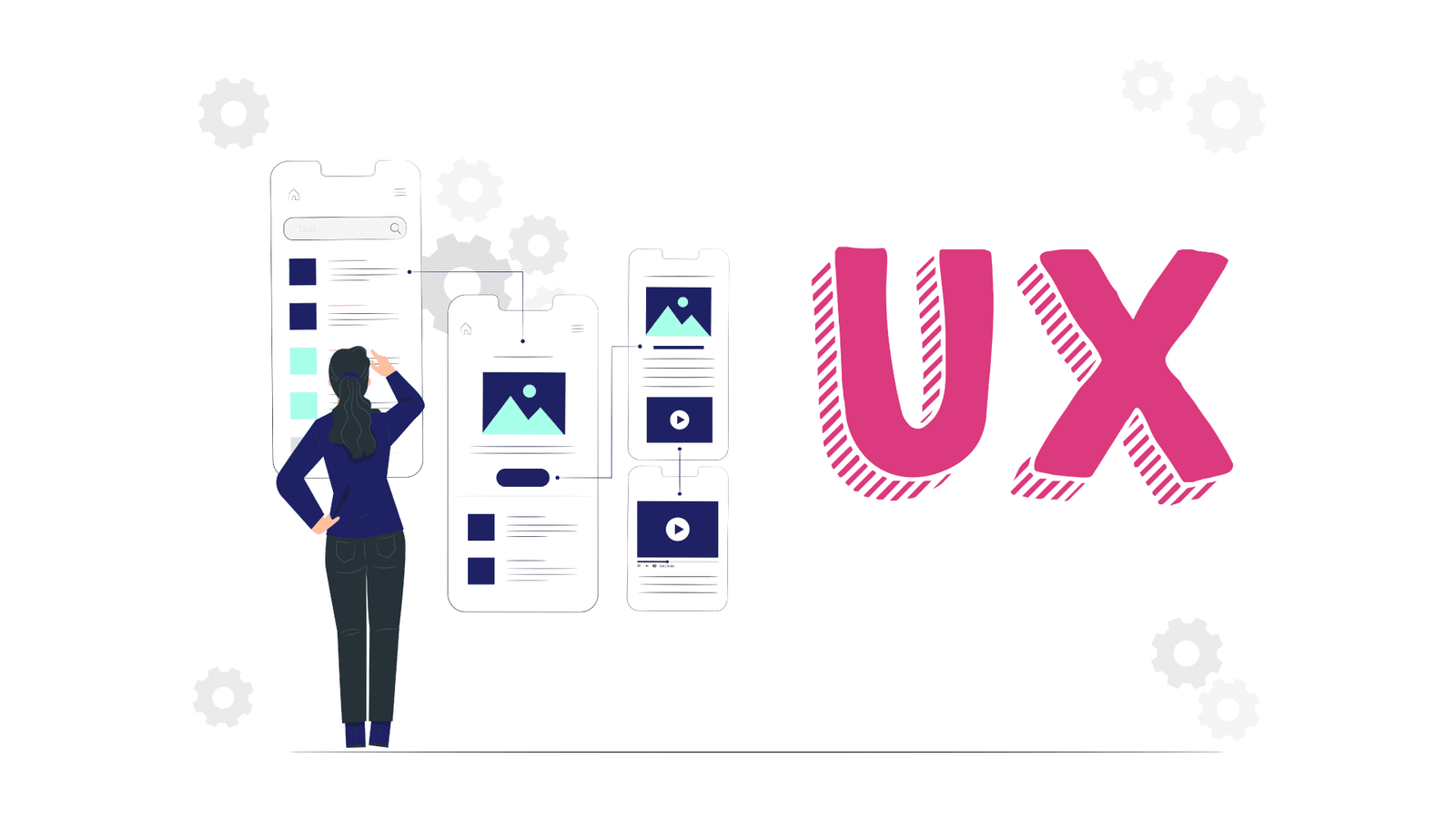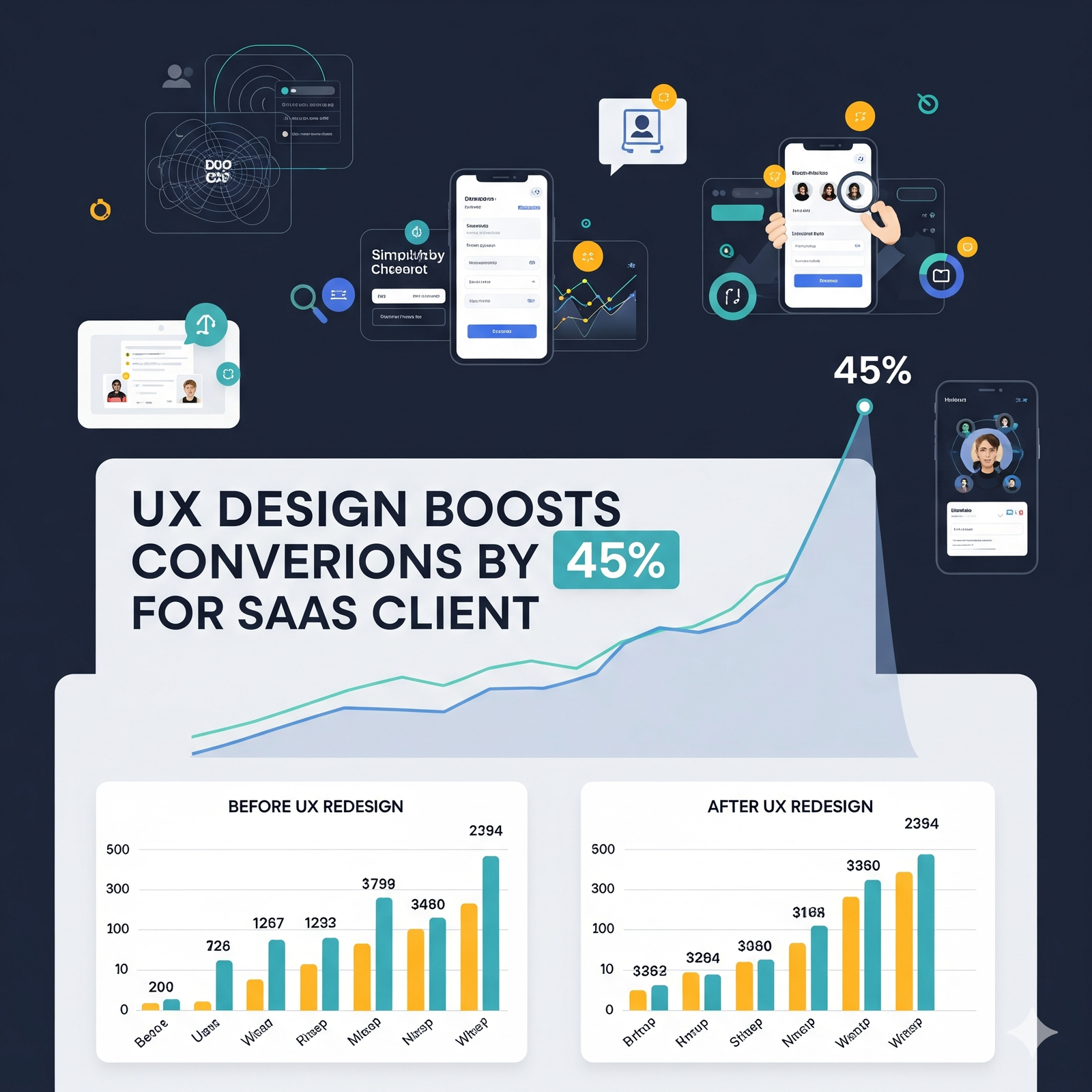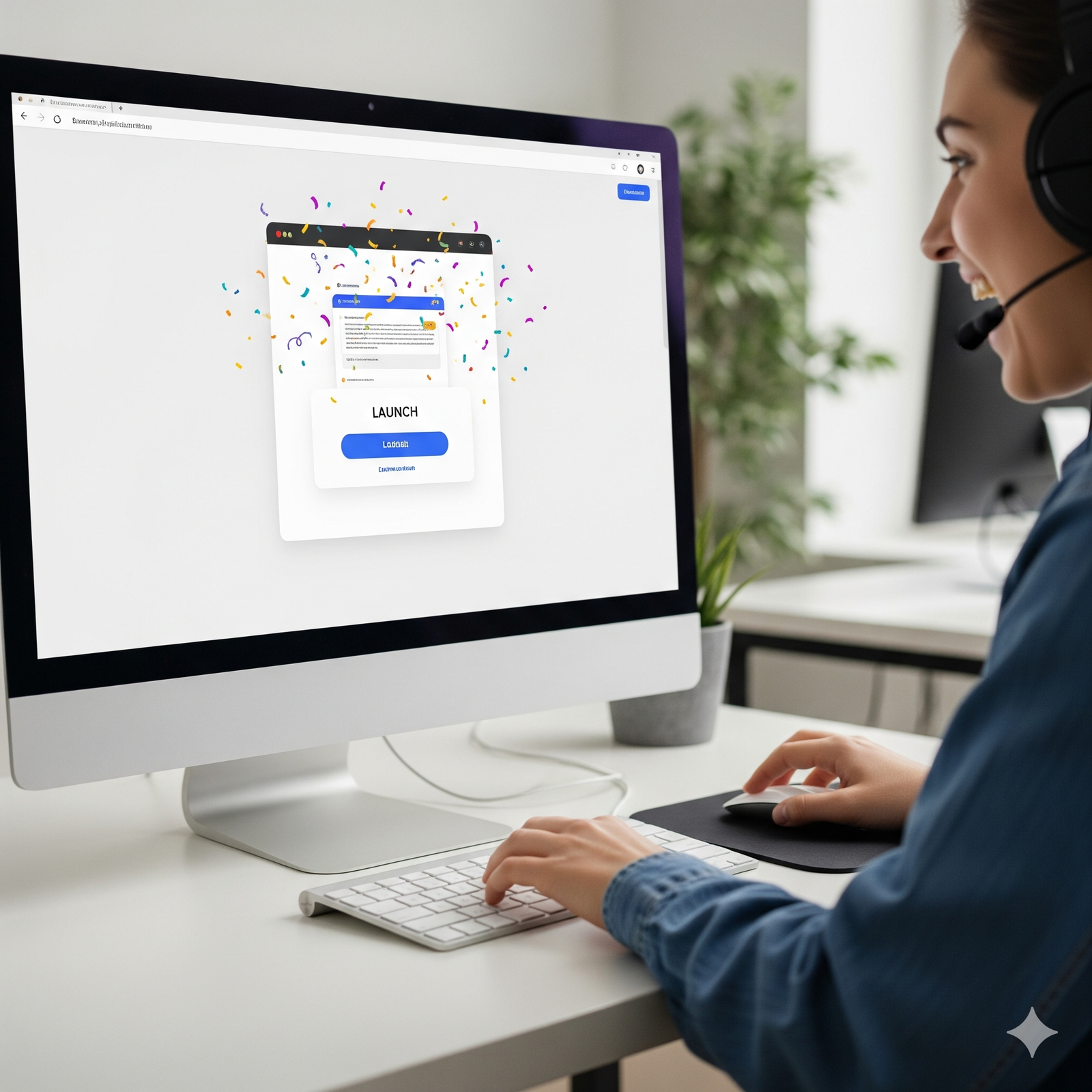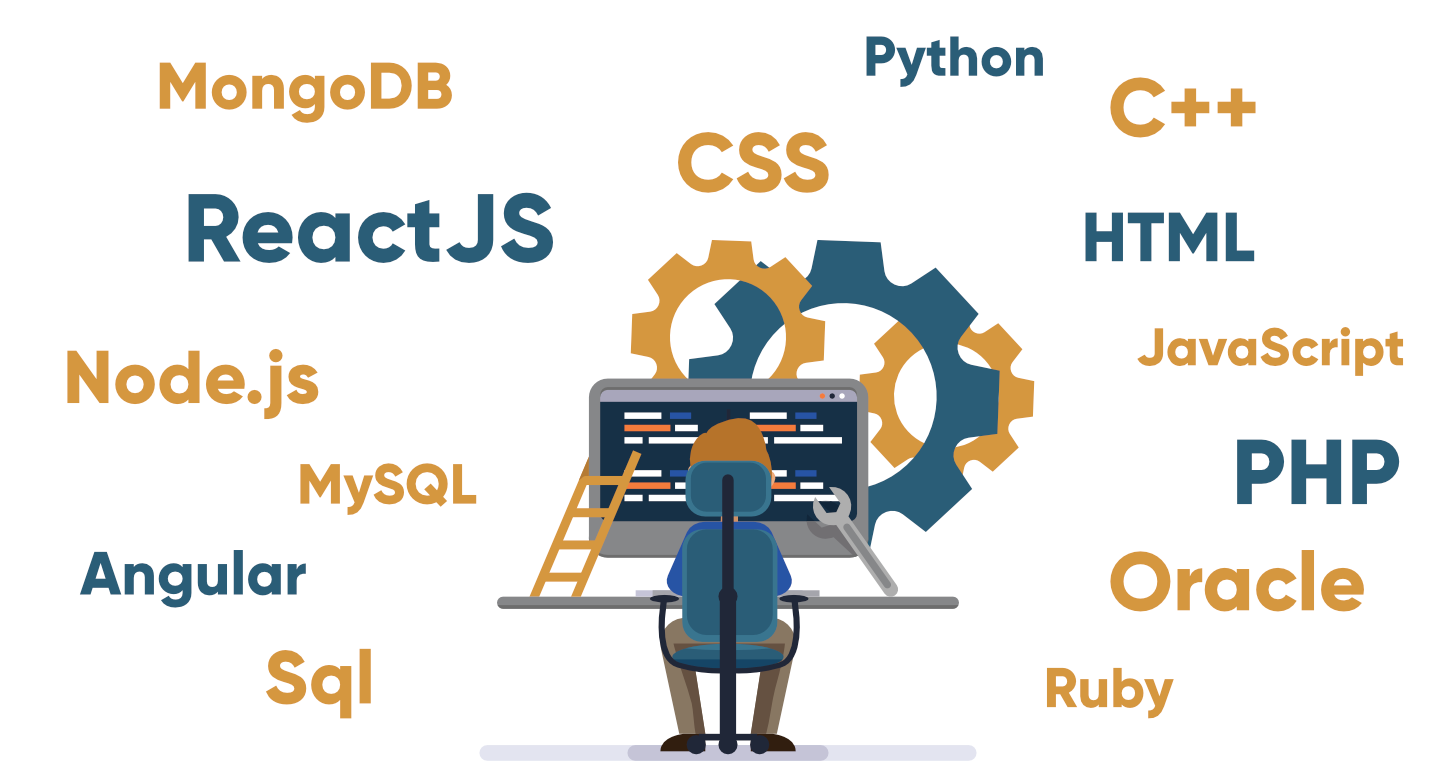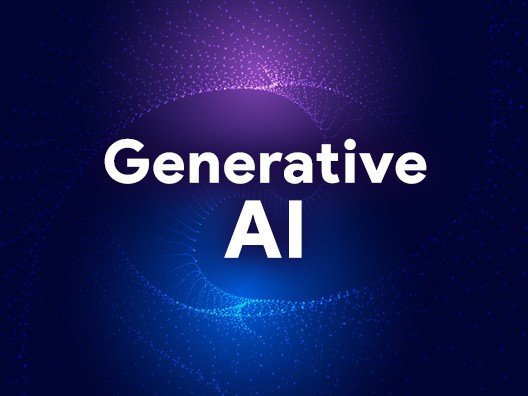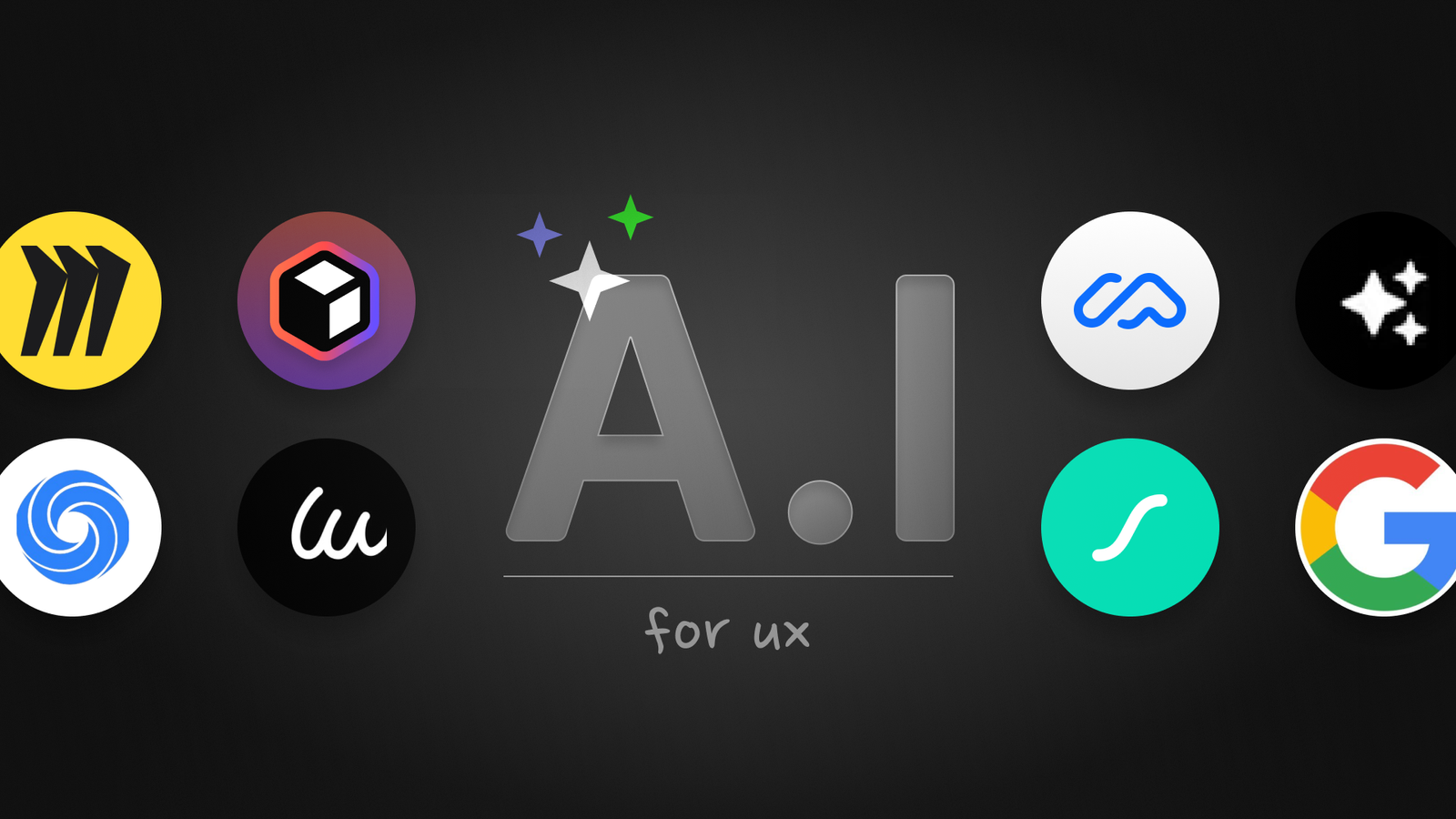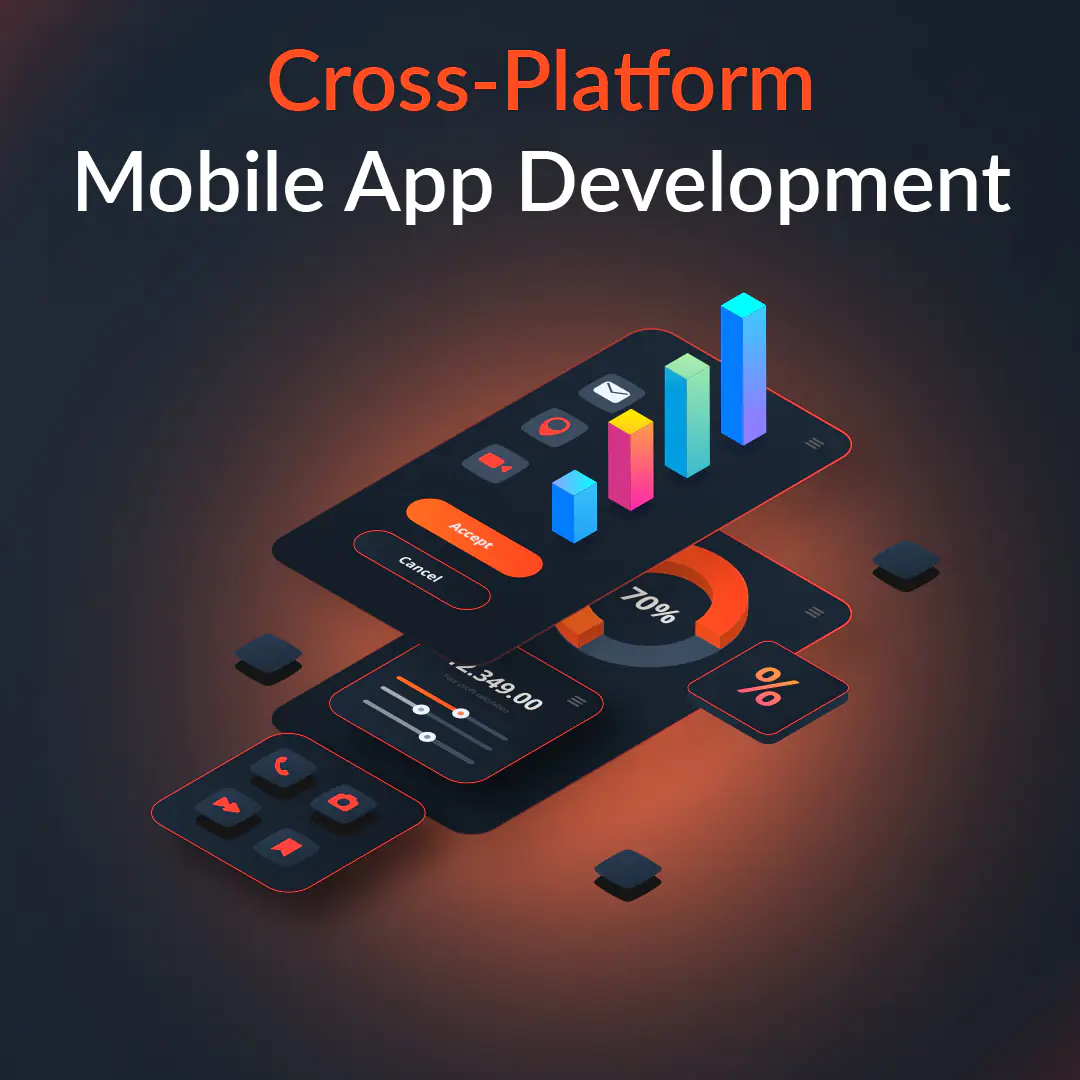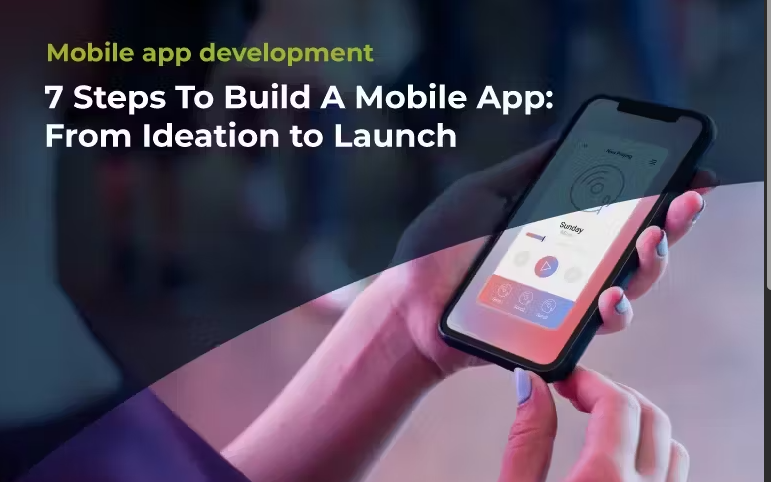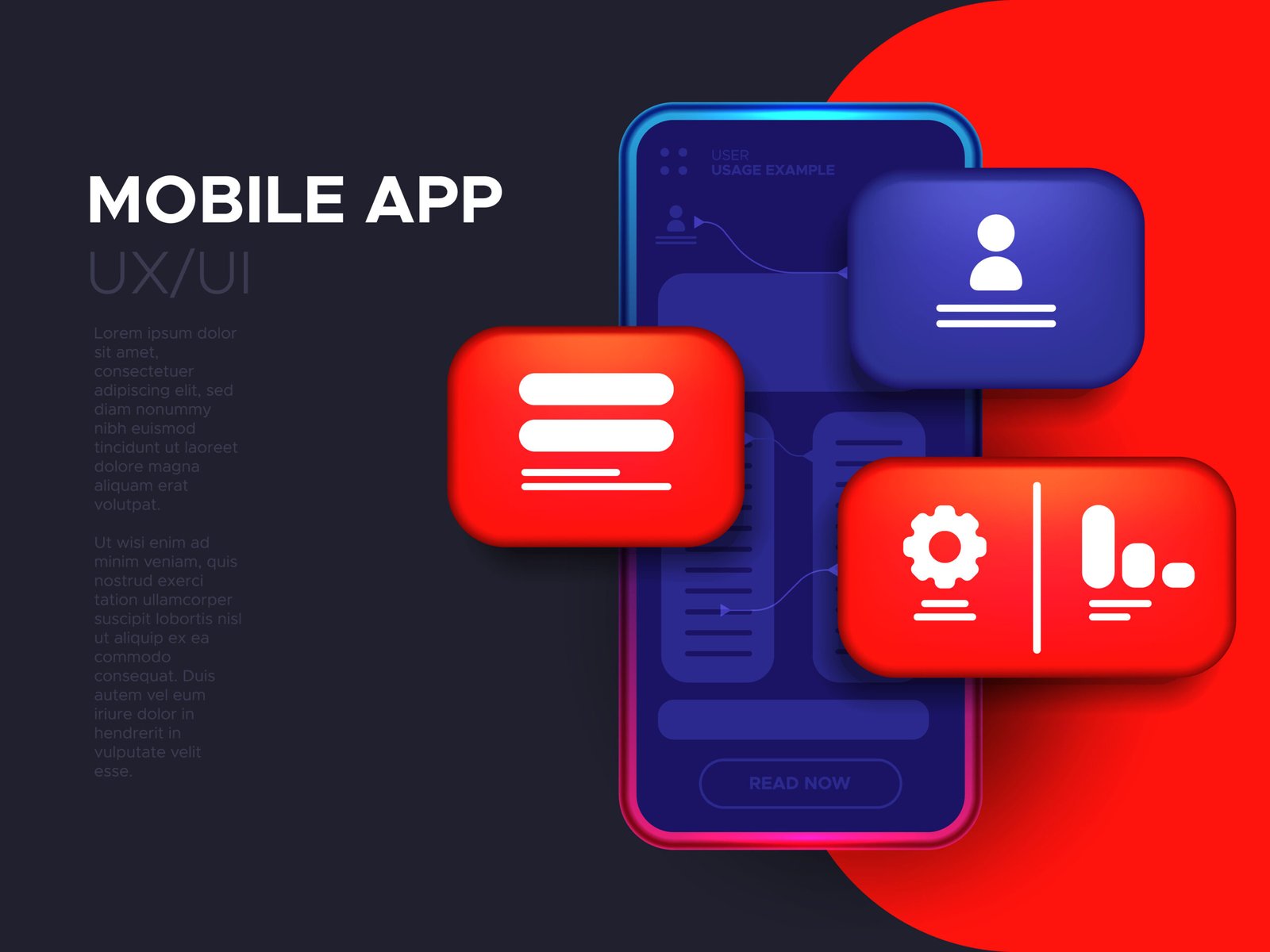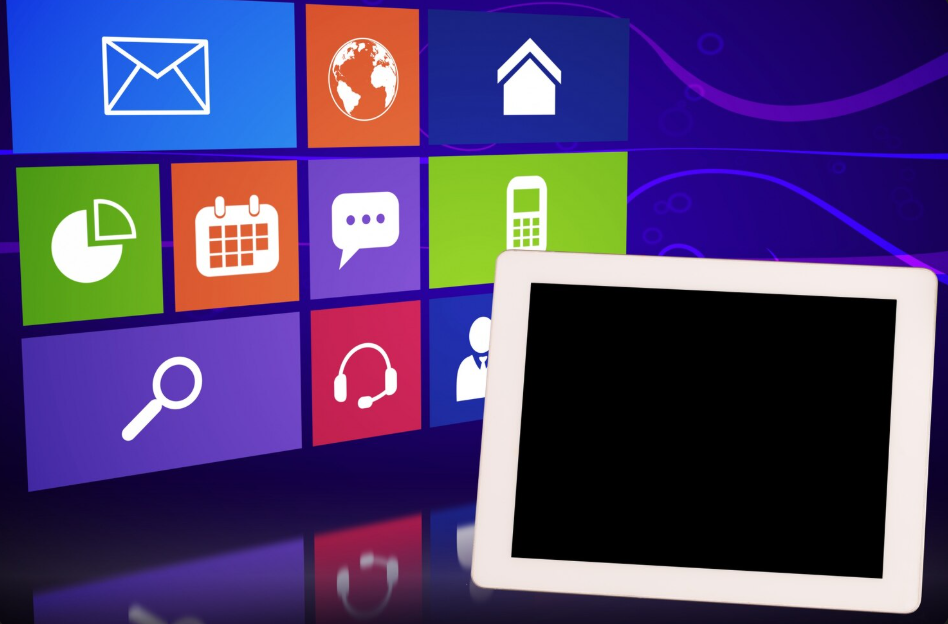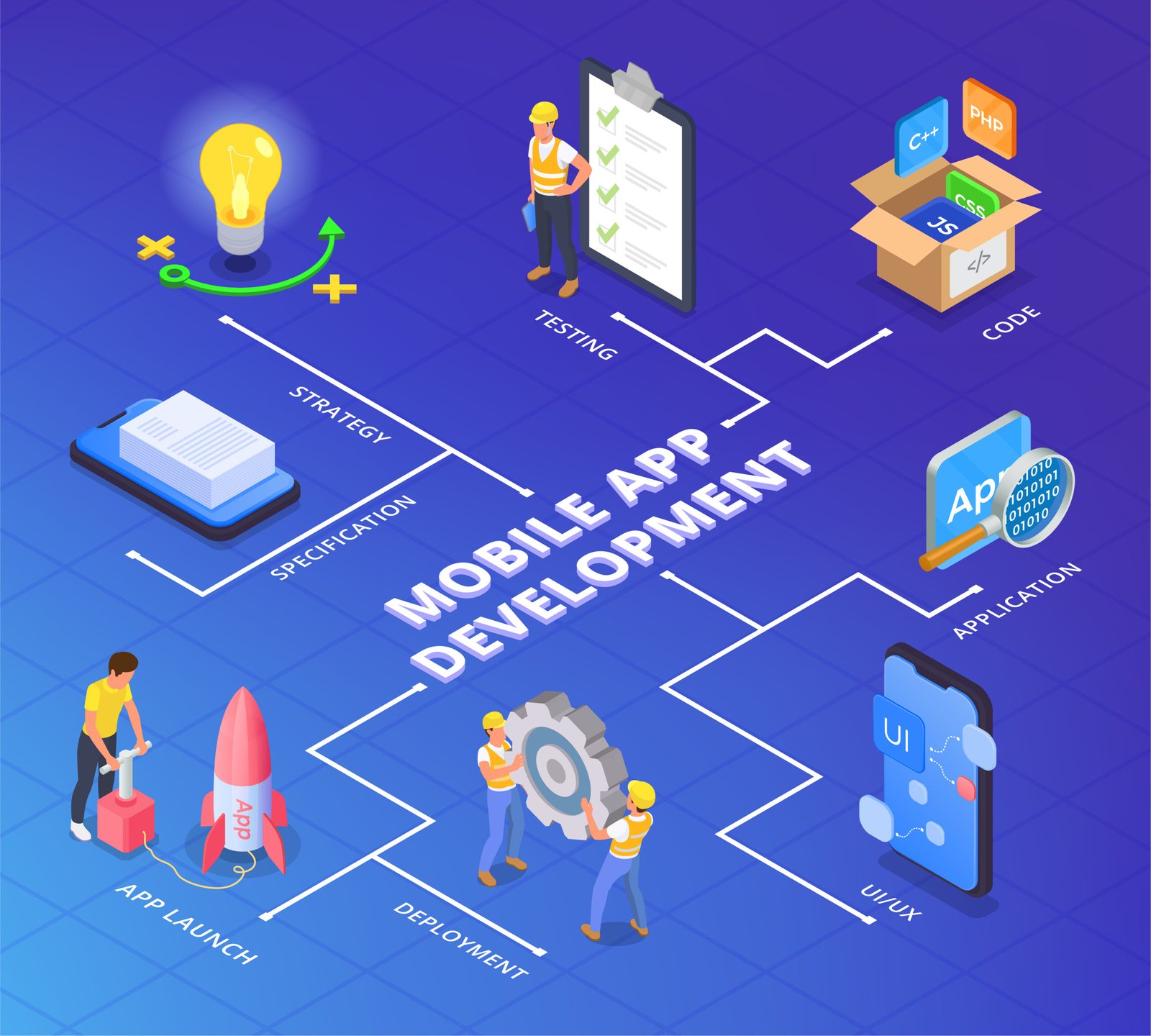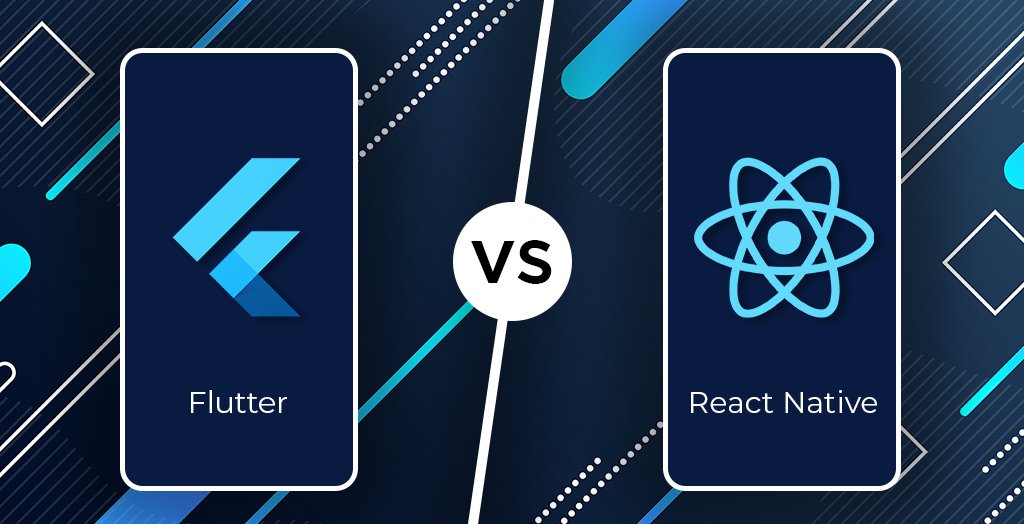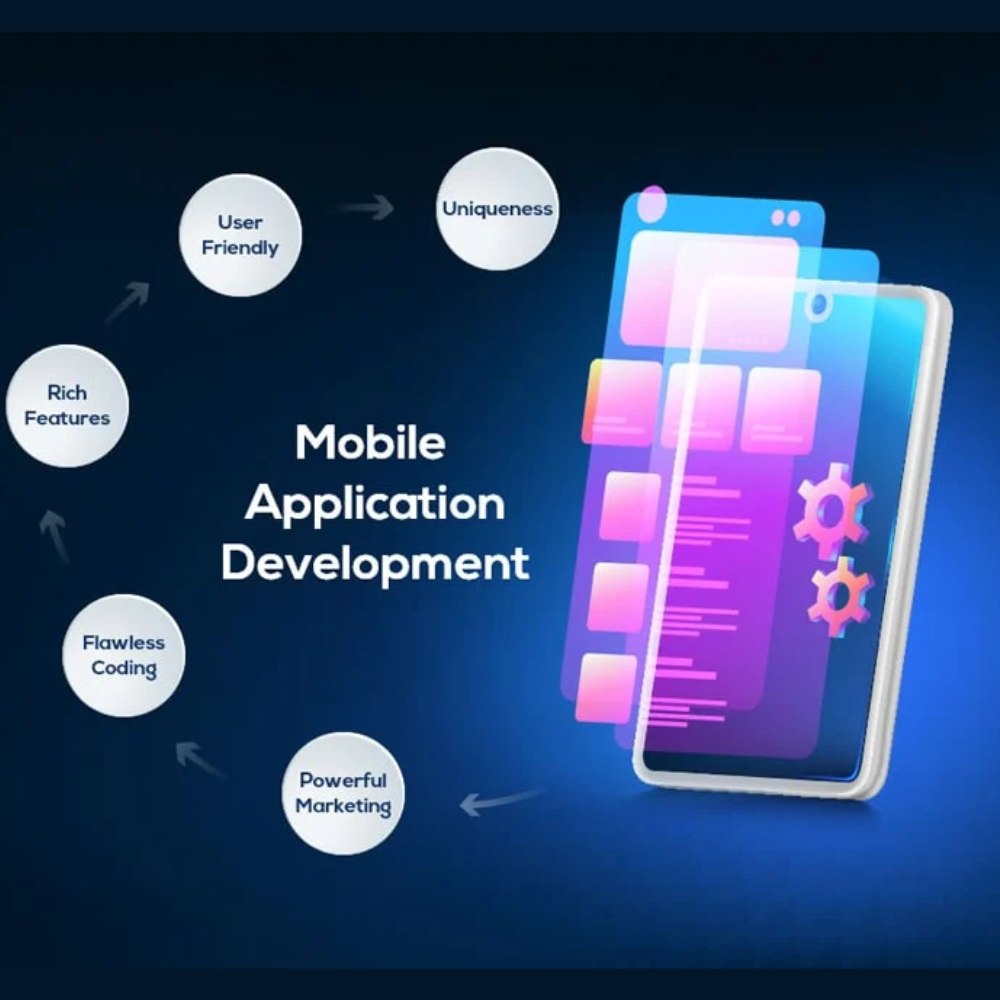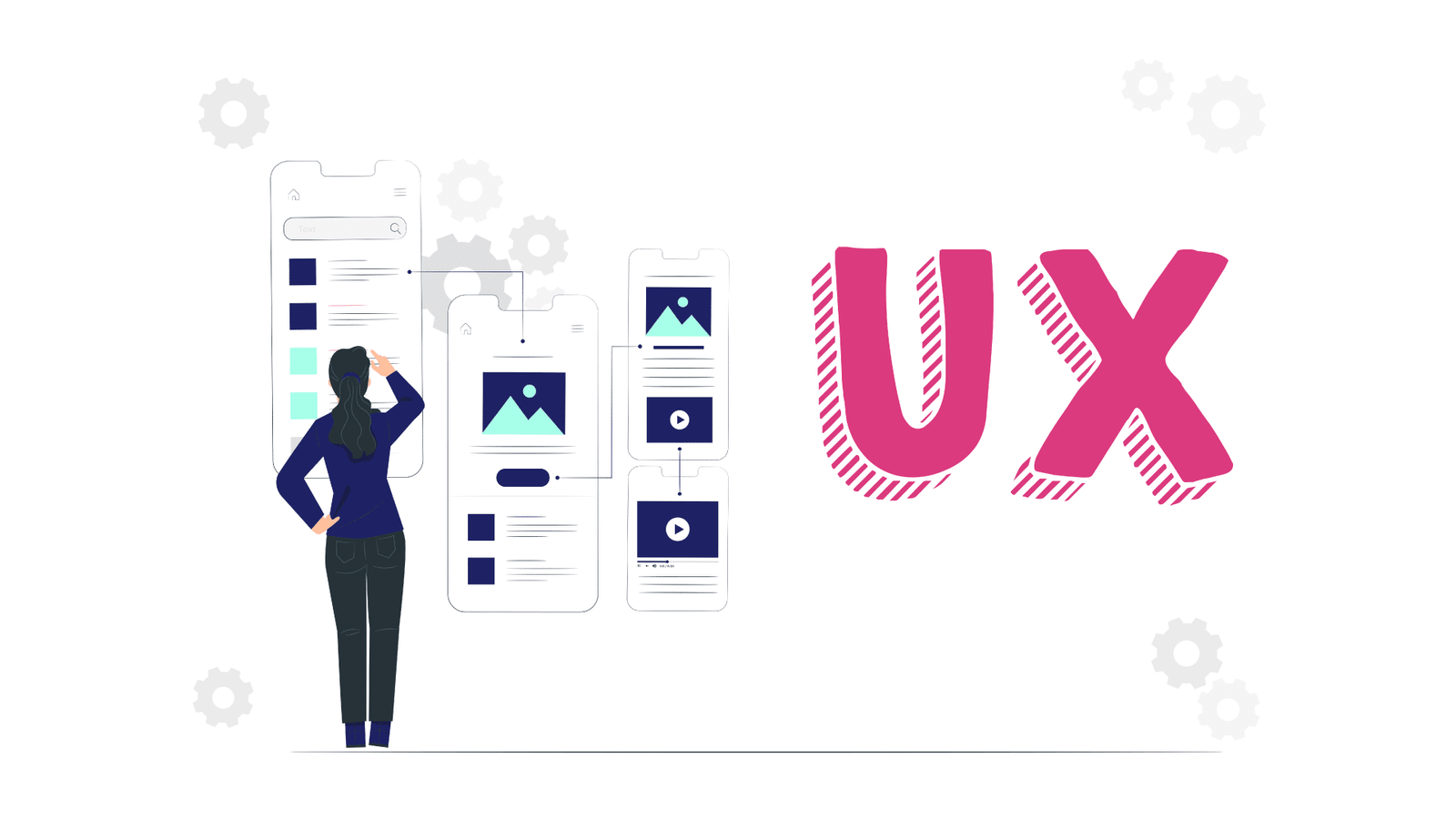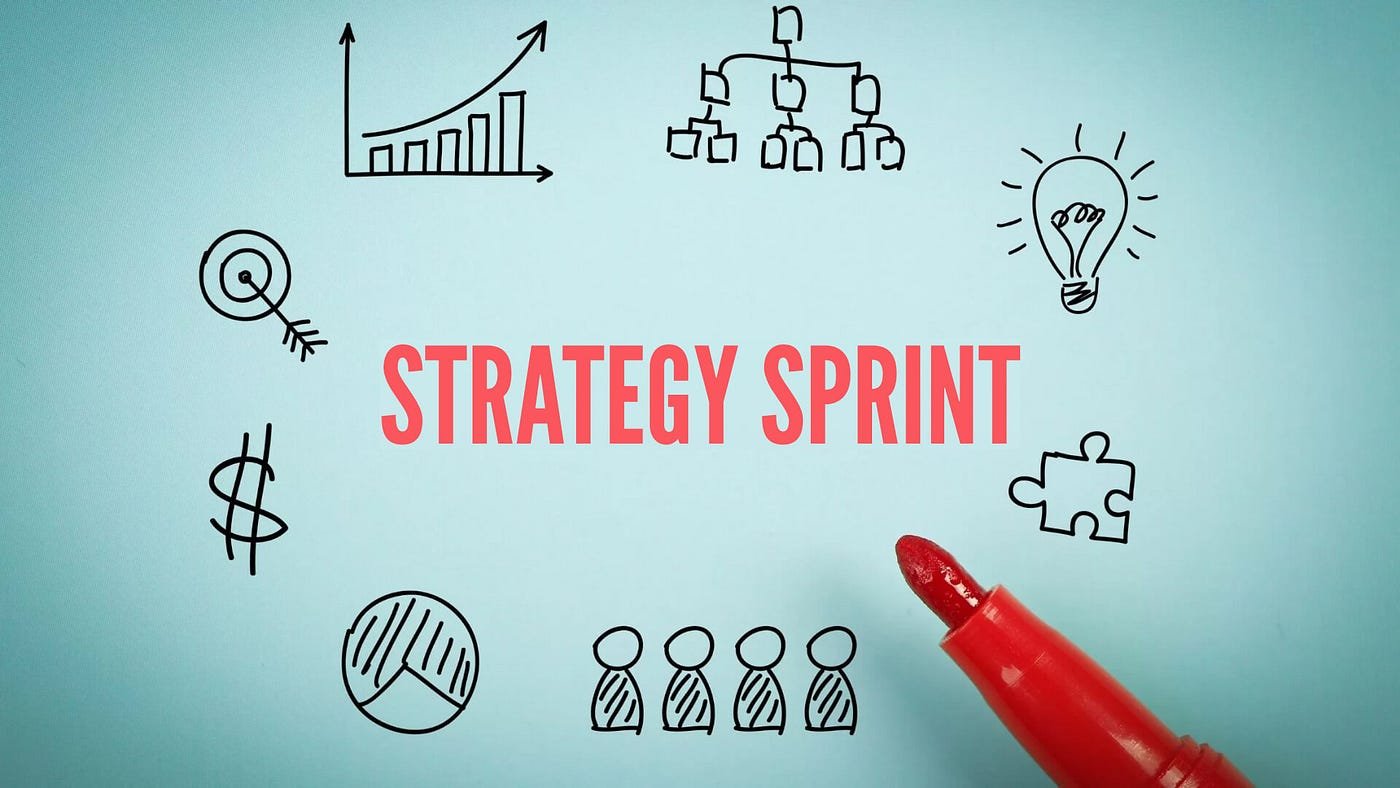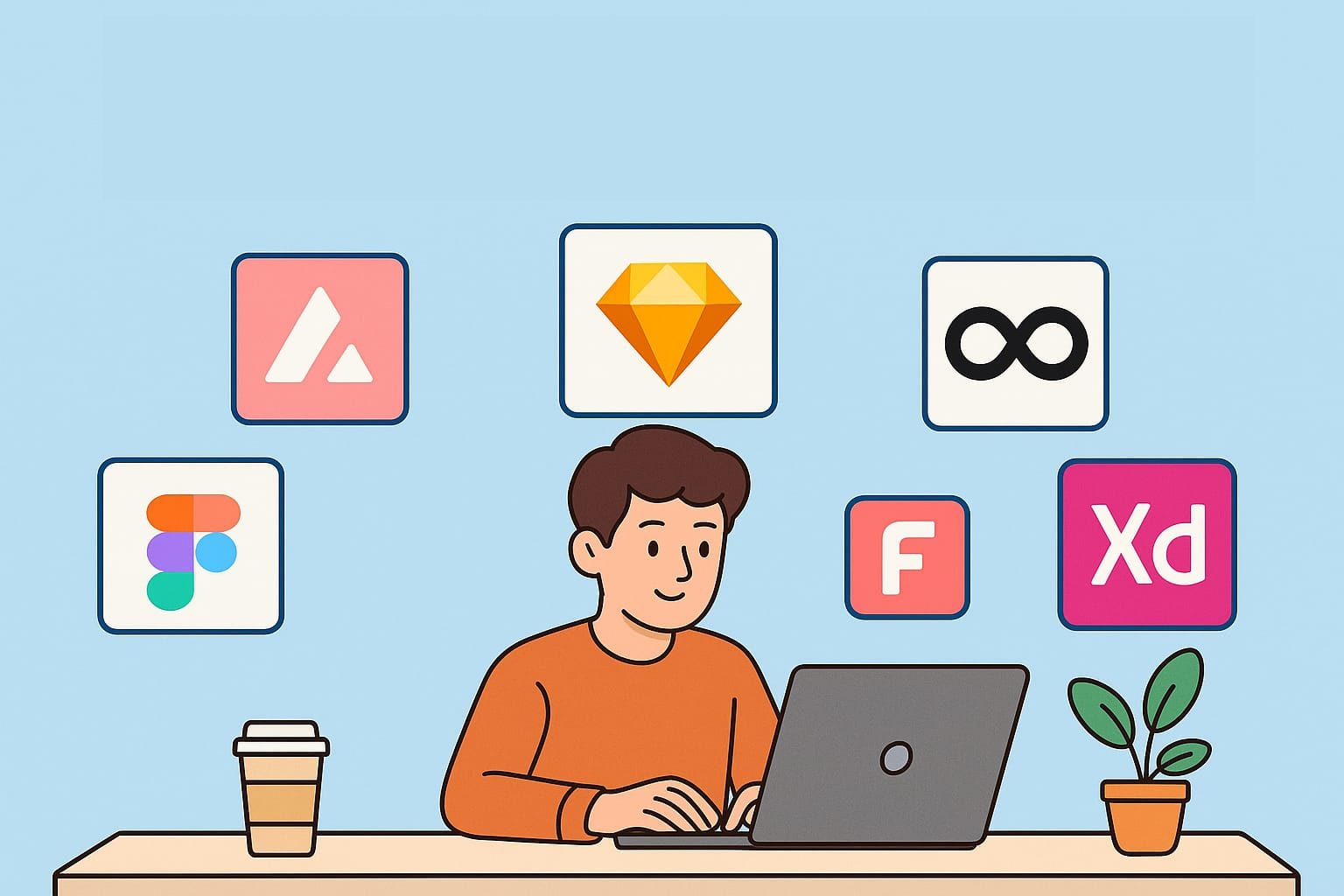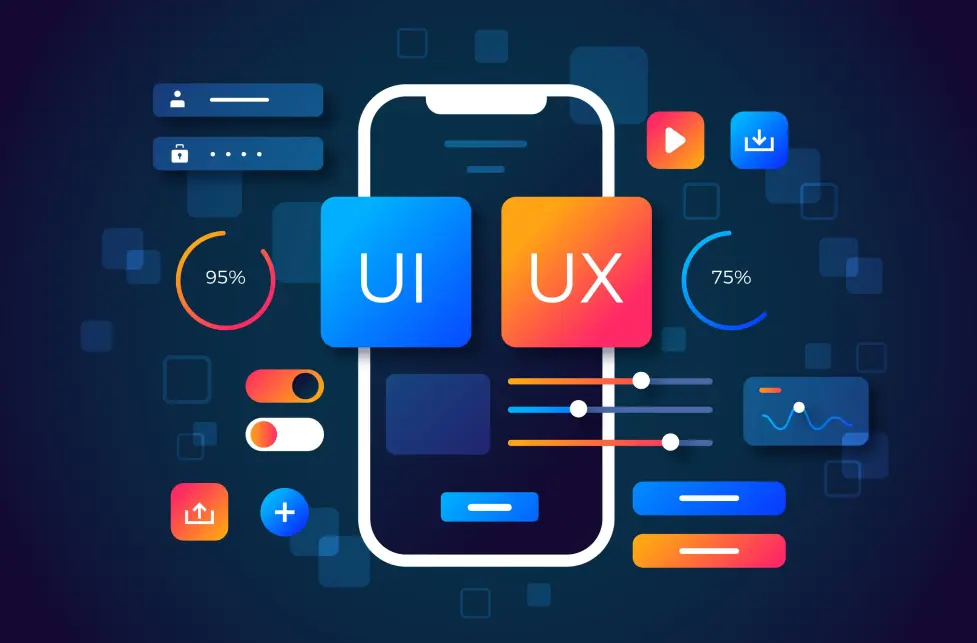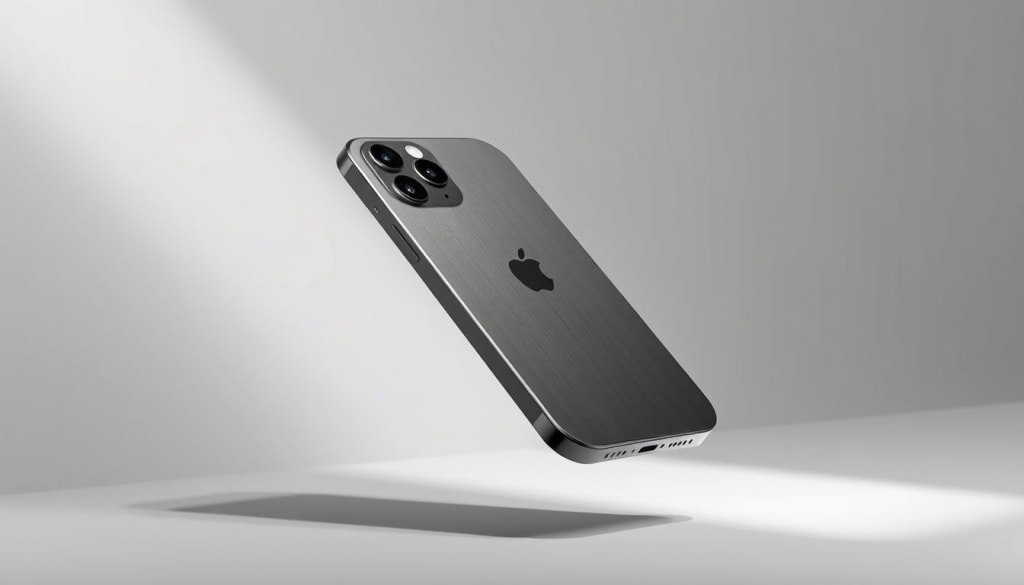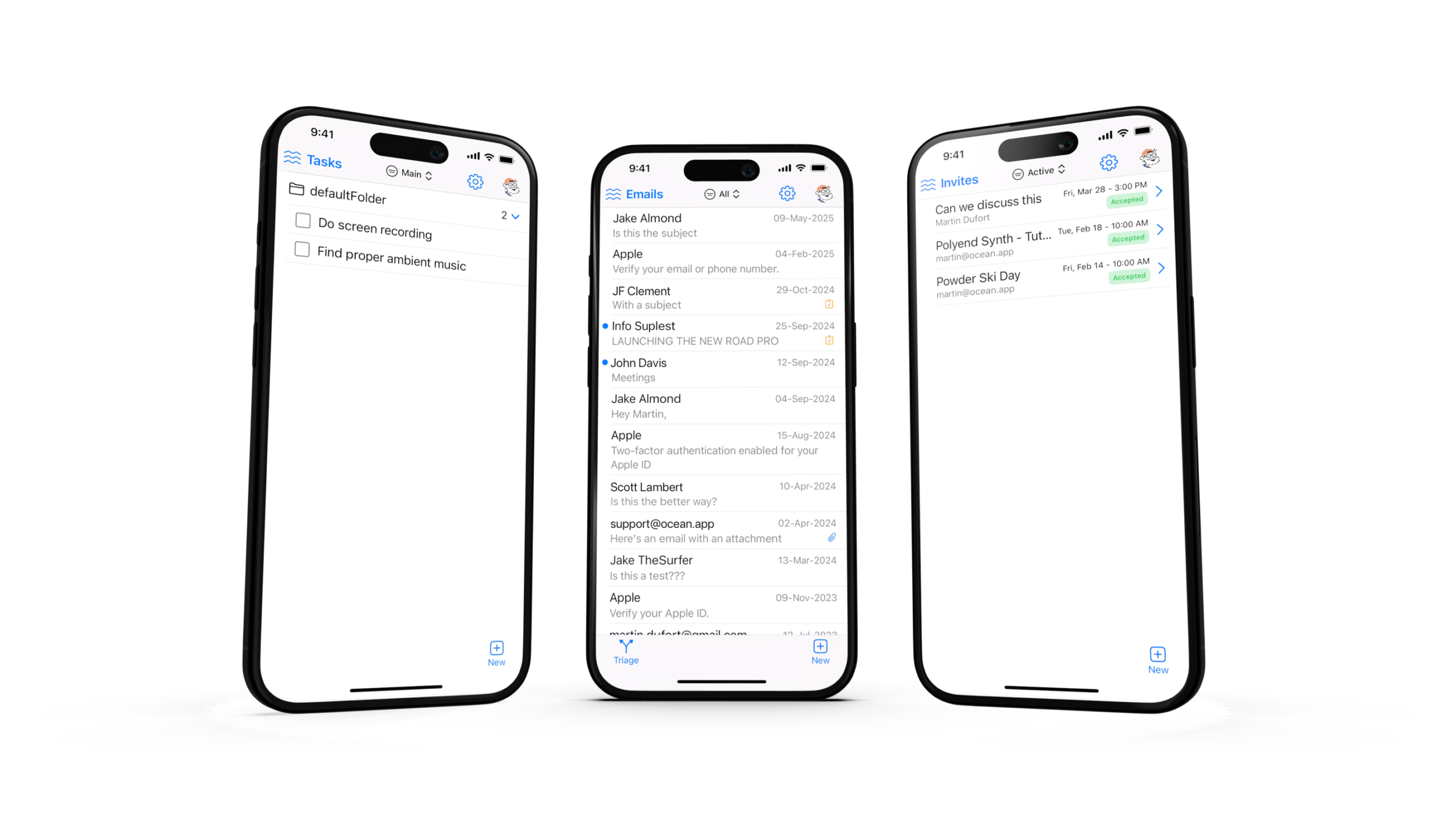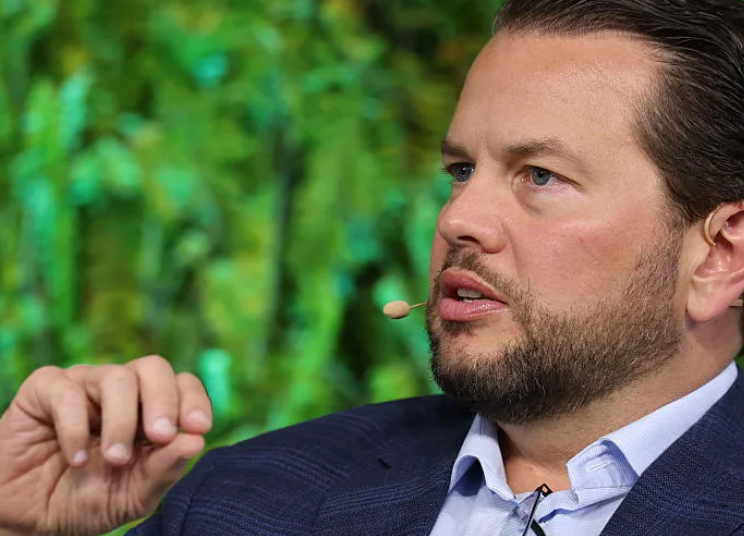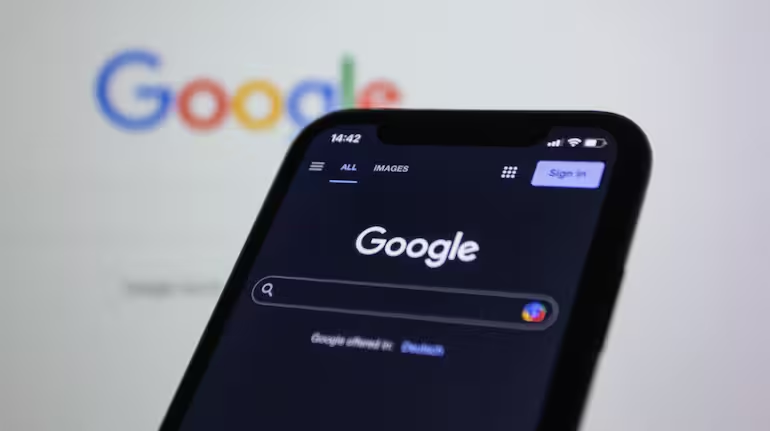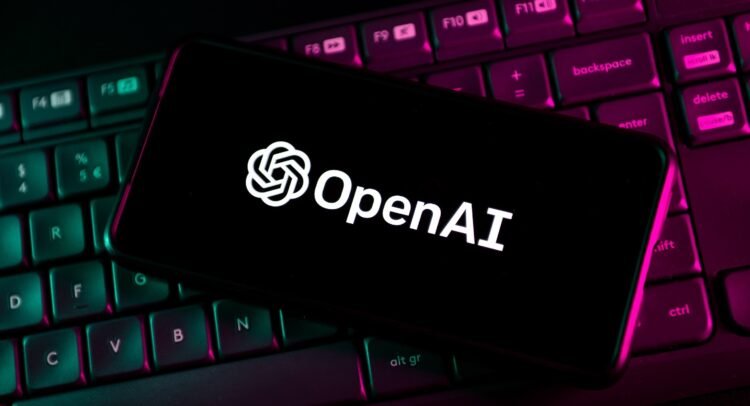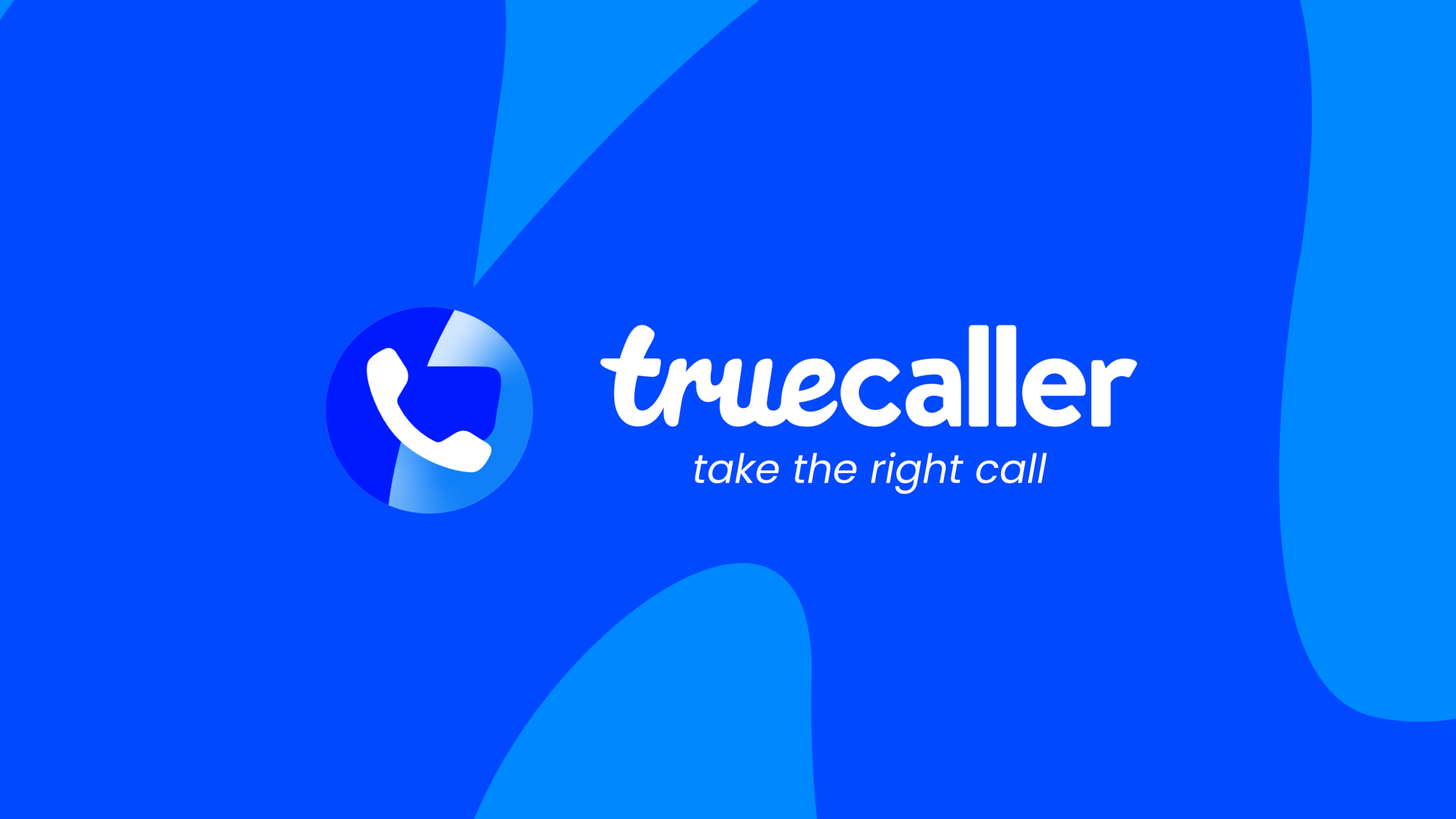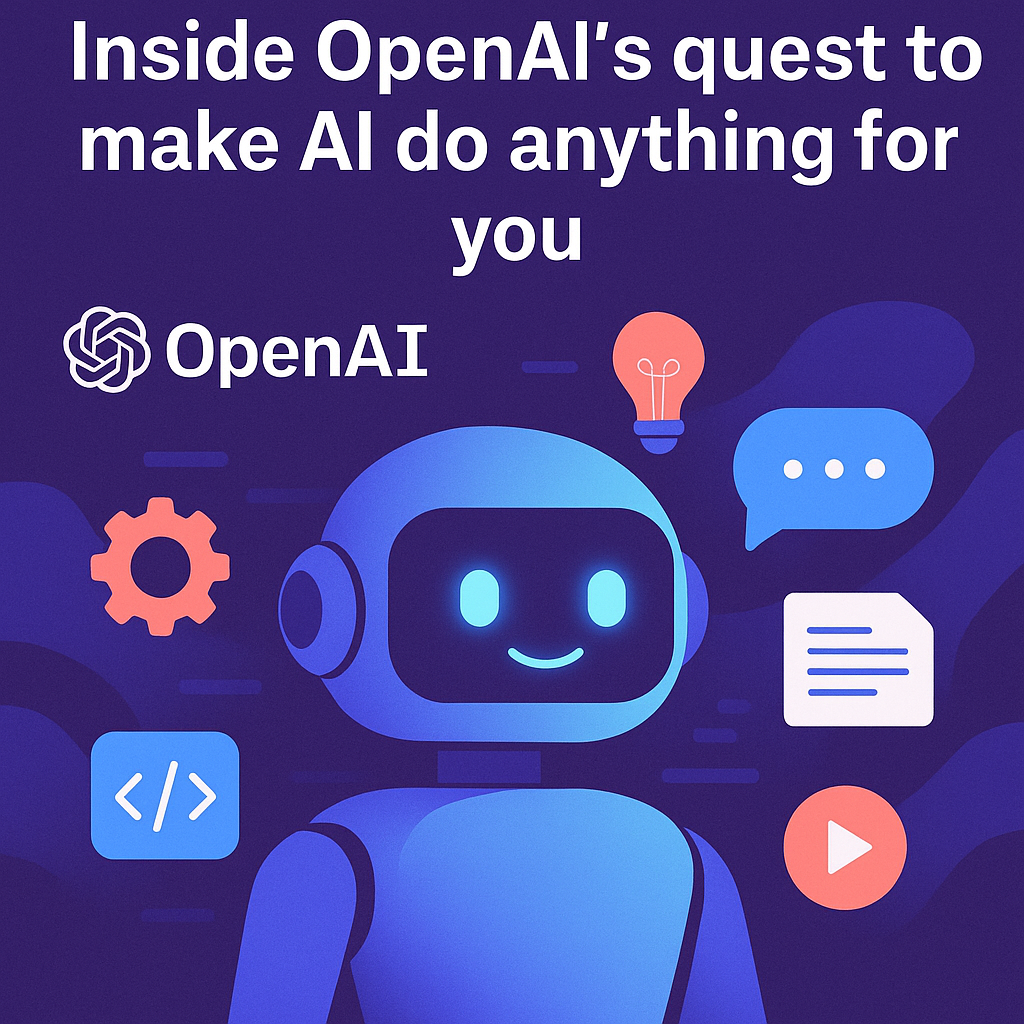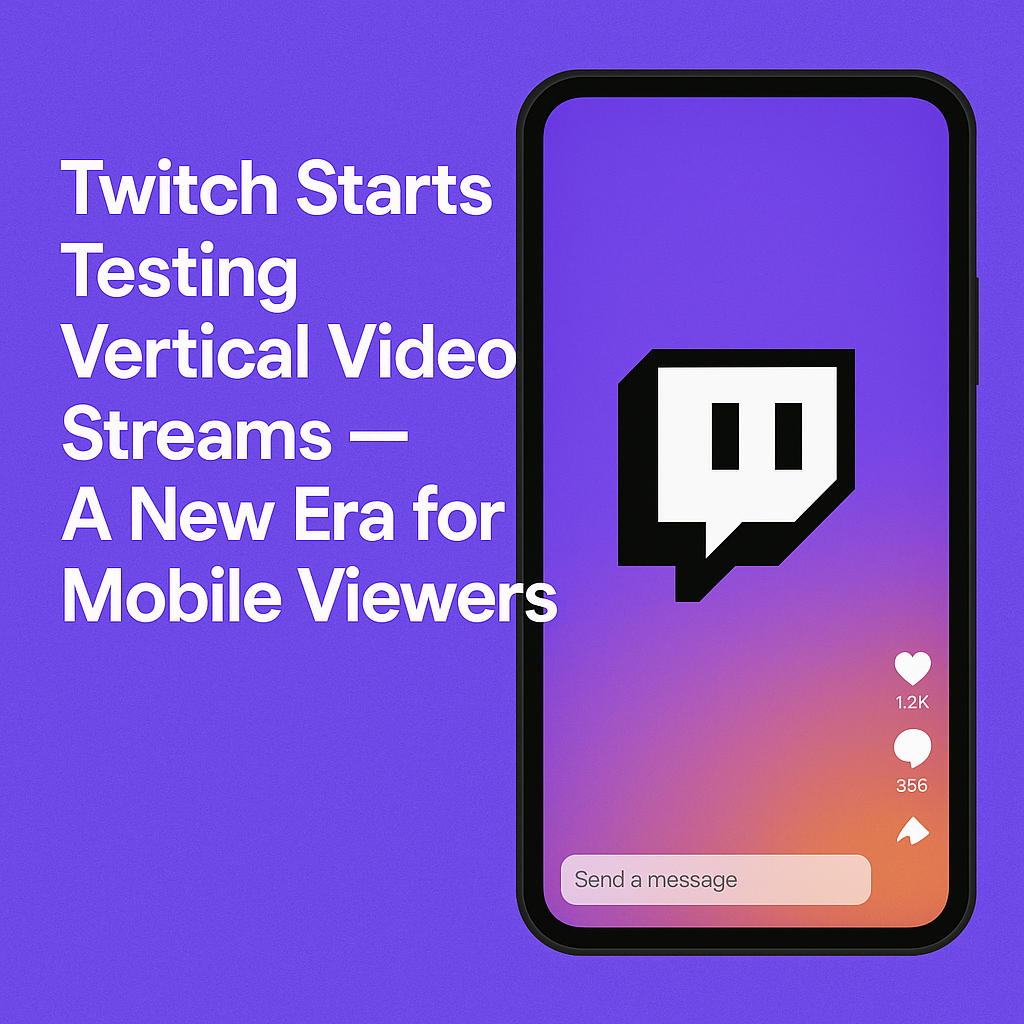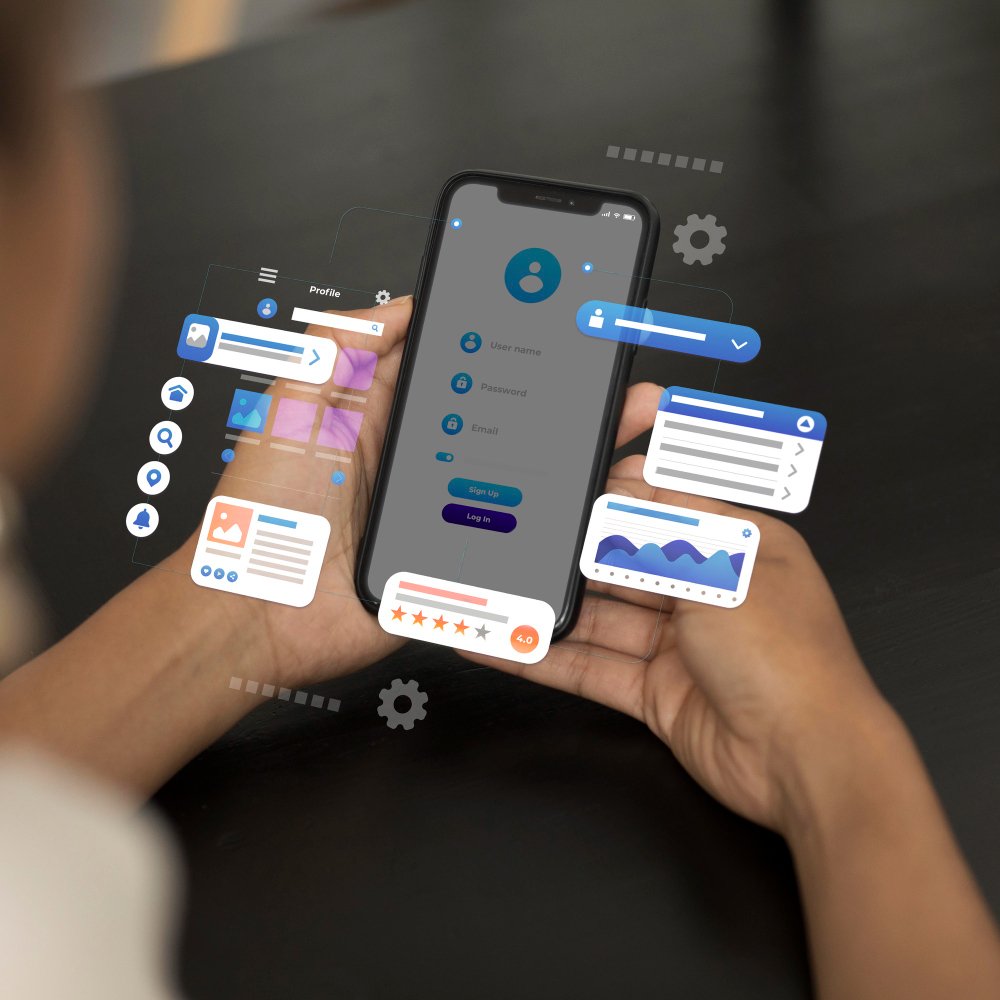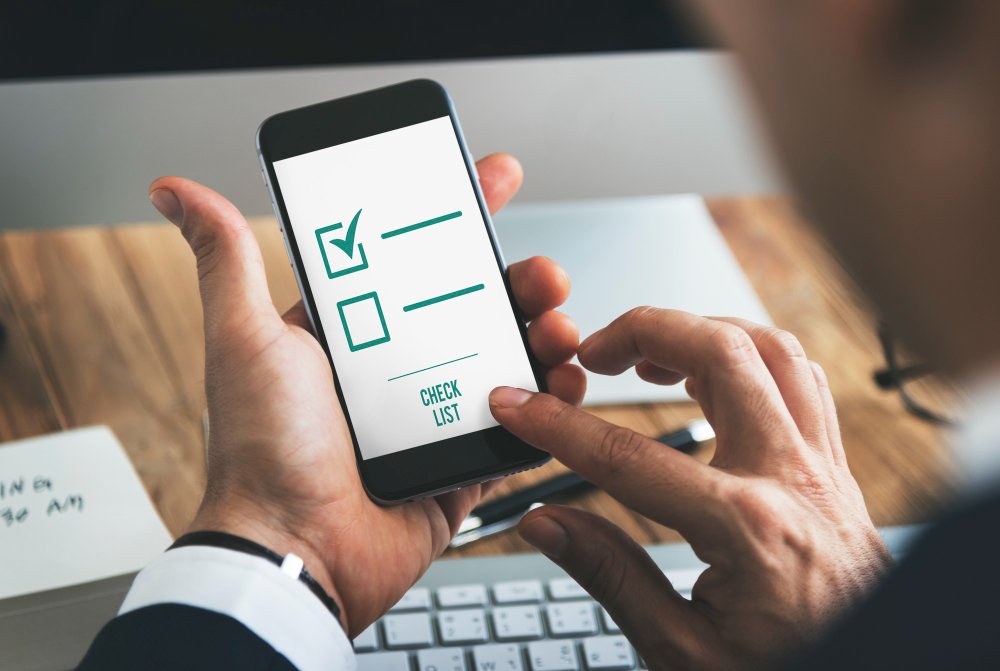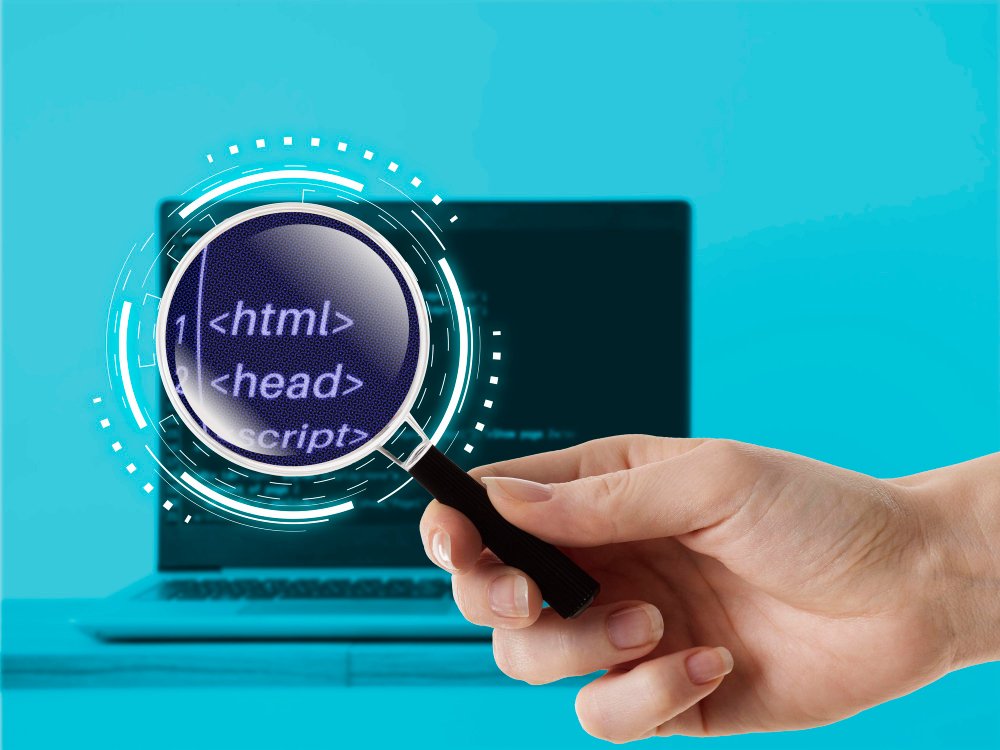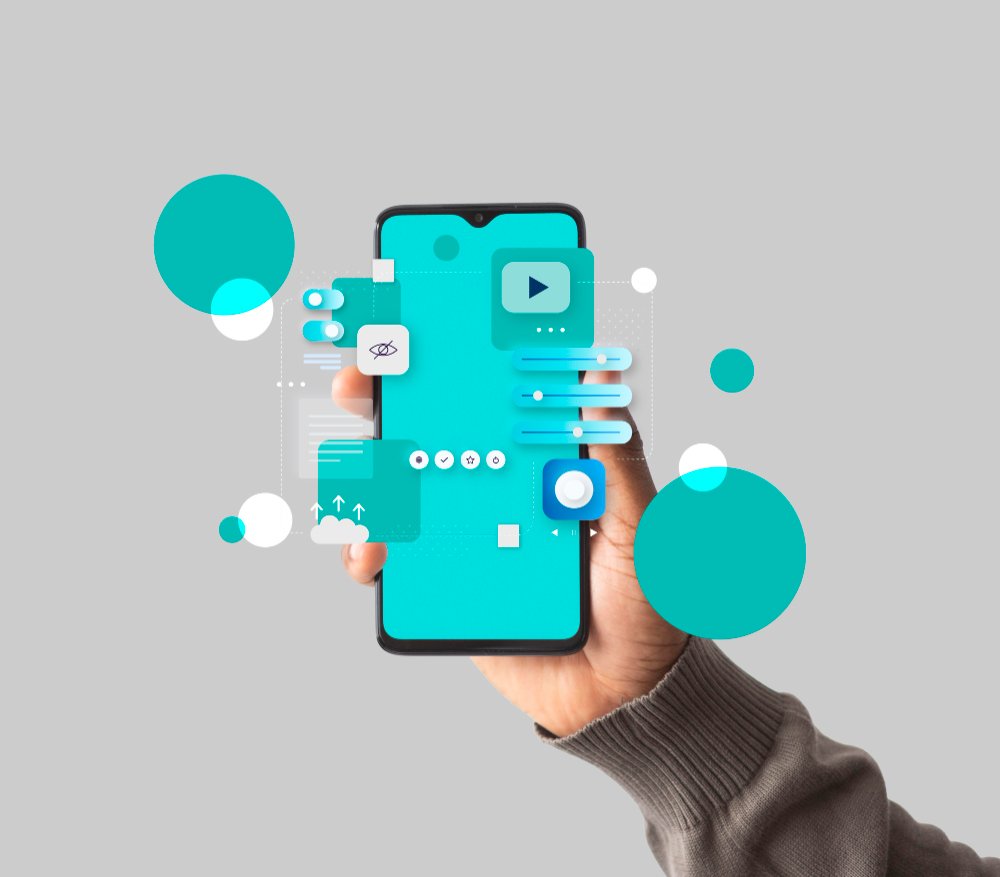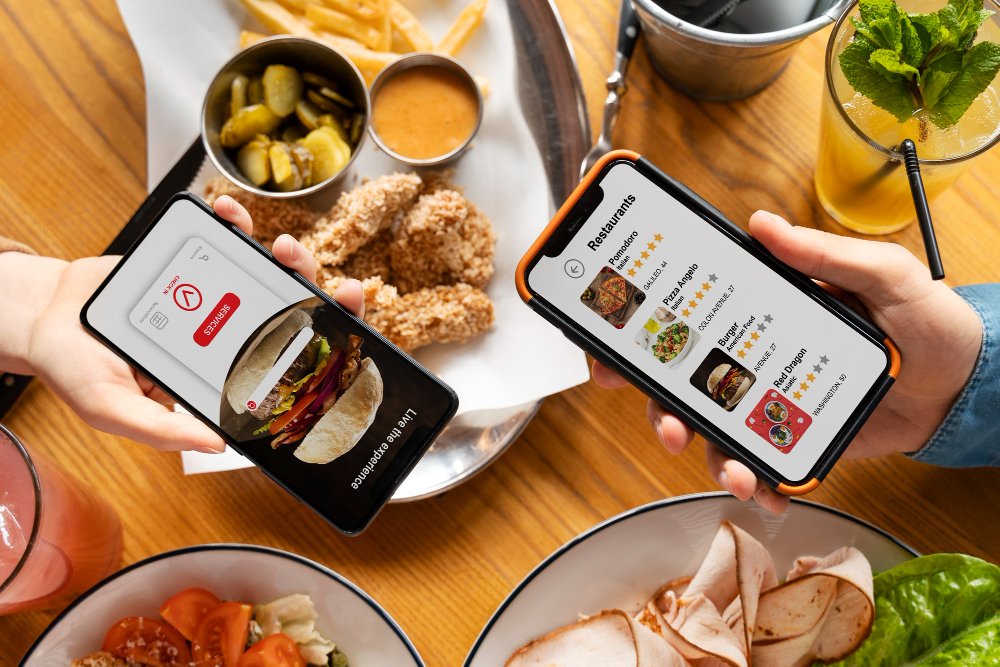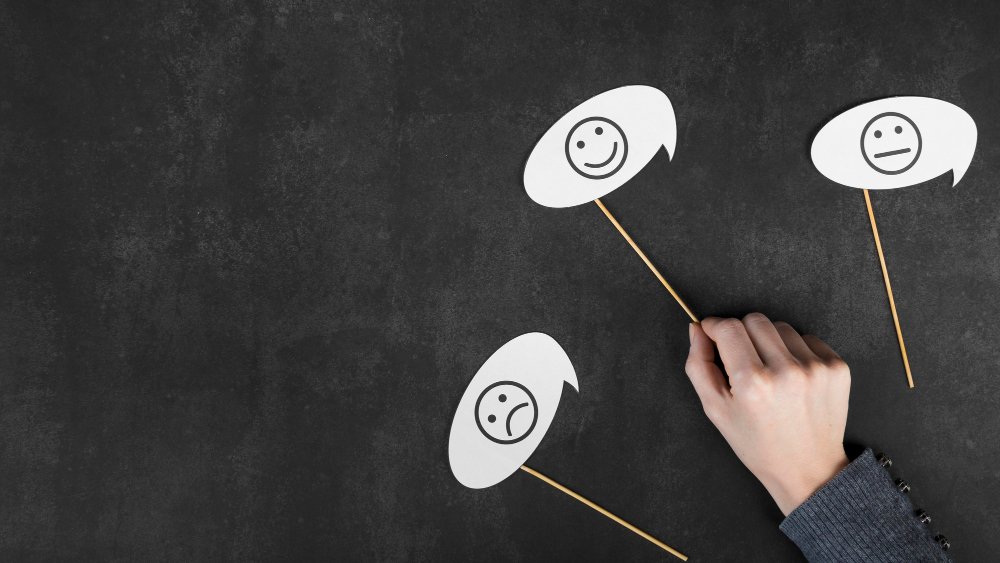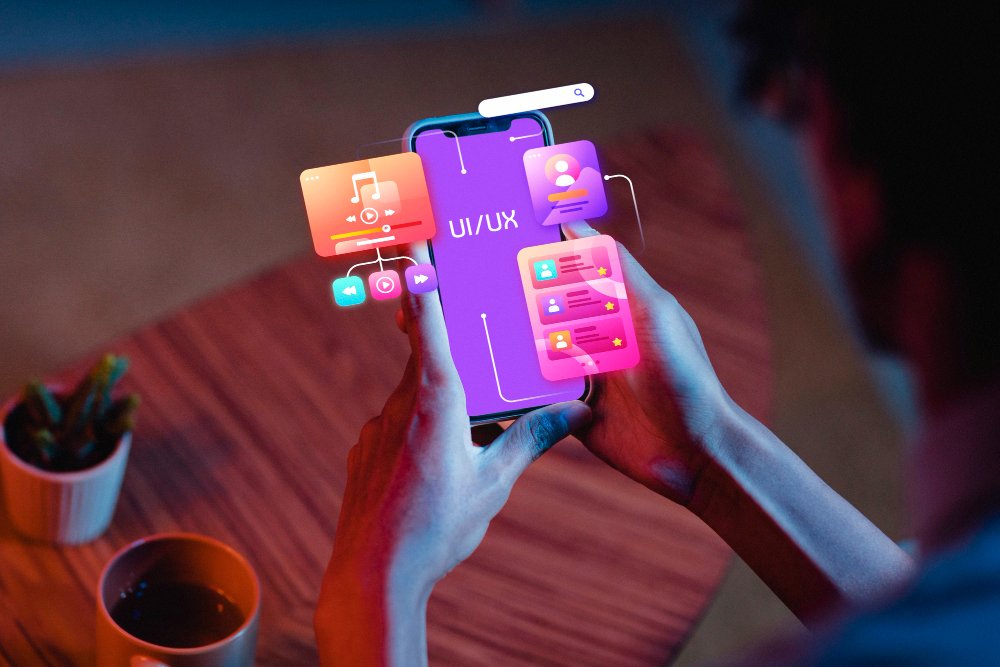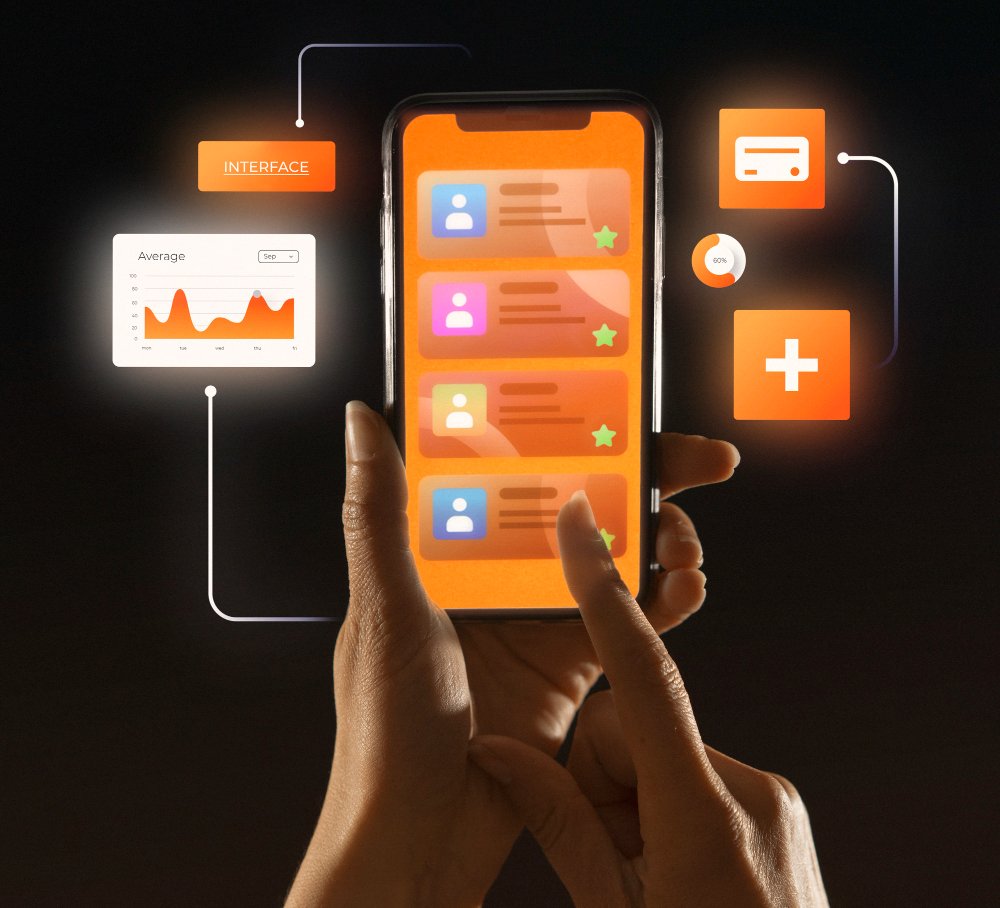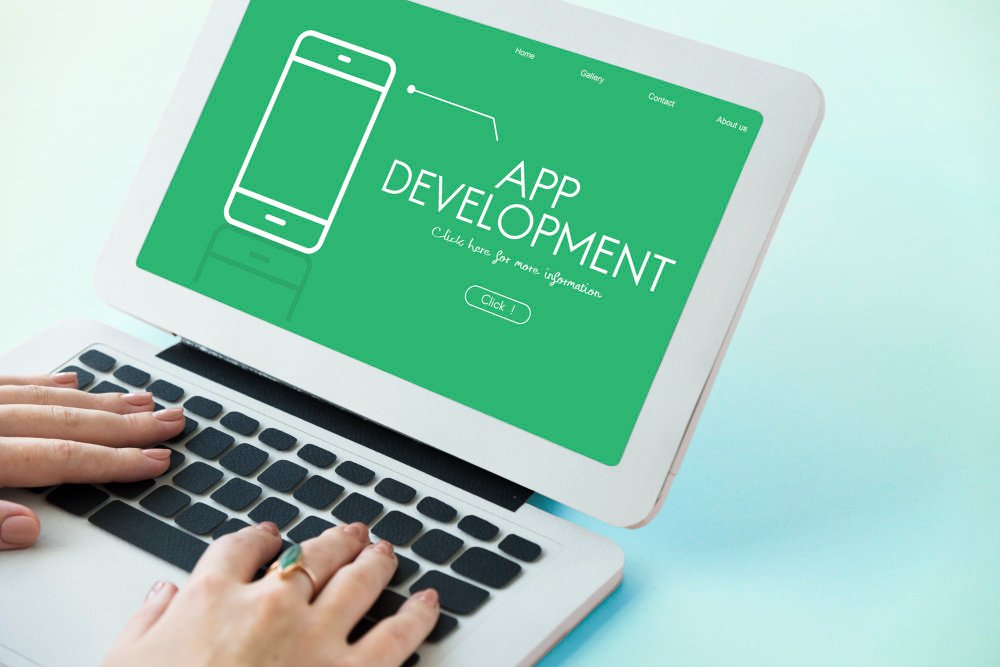Every day, people dream of creating the next big mobile app. You might have a brilliant idea swirling in your head. But soon, one big question pops up: “How long will it take to build a mobile app?” This question is super important. It shapes your budget, how you plan, and when your app can reach users.
There isn’t one simple answer to app development time. The timeline really changes based on many things. This article will break down each step of making an app. We will look at what makes the time longer or shorter. We will also give you clear ideas for how long different types of apps might take.
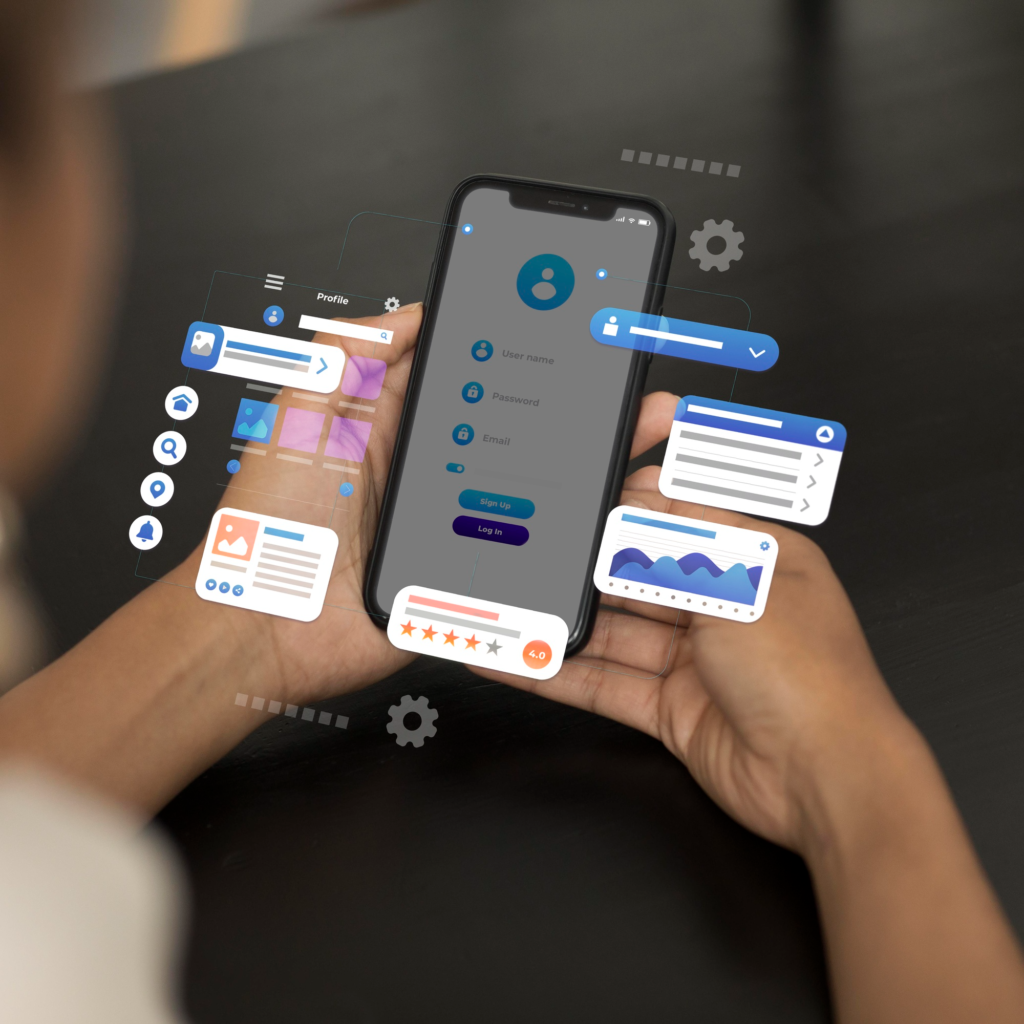
Understanding the App Development Lifecycle
Building an app is a journey with several key stops. Each stop plays a vital role. Knowing these stages helps you plan better.
Discovery & Planning (Weeks to Months)
This first step is all about getting your ideas clear. You define what your app should do and who it’s for. This phase lays the groundwork for everything else.
- Market Research: Look at other apps out there. What do people like? What’s missing?
- Target Audience: Figure out exactly who will use your app.
- Feature List: Decide which features are must-haves. What can wait for later updates? Think about your Minimum Viable Product (MVP).
- Platform Choice: Will your app run on iPhones (iOS), Android phones, or both? Maybe you pick a cross-platform approach.
- Tech Stack: Choose the programming languages and tools for your app.
- Wireframing: Create simple outlines of your app screens. This shows how things will fit together.
UI/UX Design (Weeks to Months)

Once you know what your app does, it’s time to make it look good and feel easy to use. Great design makes users happy. It keeps them coming back.
- User Flow: Map out how users move through your app.
- Wireframes: Turn those rough outlines into more detailed drawings.
- Prototypes: Build clickable mock-ups of your app. This lets you test how it feels.
- Visual Design: This is where colors, fonts, and images come in. Your app gets its own unique look and brand.
- Usability Testing: Watch real people use your prototypes. Find out what works and what doesn’t.
Development
This is the phase where coders bring your app to life. It involves a lot of coding and building. The actual creation takes a big chunk of time.
- Frontend Development: Developers build what users see and interact with. This includes buttons, screens, and menus.
- Backend Development: This part runs behind the scenes. It handles data, user accounts, and server logic.
- API Integration: Your app often needs to talk to other services. Think payment systems or social media logins. This is where those connections are built.
- Coding Choices: The languages and tools used here impact speed. Some choices are faster for certain tasks.
Testing & Quality Assurance
You want your app to work perfectly. This stage finds and fixes bugs. Thorough testing means a smooth experience for users.
- Unit Tests: Small parts of the code are checked.
- Integration Tests: See if different parts of your app work together well.
- User Acceptance Testing (UAT): Real users test the app. They make sure it meets their needs.
- Performance Tests: How fast is your app? Does it handle many users at once?
- Security Checks: Make sure your app is safe from threats.
- Compatibility Tests: Check if the app runs well on different phones and operating systems.
Deployment & Launch (
After all that hard work, it’s time to release your app. This puts your creation into the hands of real users.
- App Store Submission: Get your app ready for Apple’s App Store or Google Play Store. This involves meeting their rules.
- Backend Setup: Your server and database go live.
- Marketing: Tell people about your new app. Get the word out.
Post-Launch Maintenance & Updates
Building an app isn’t a one-time thing. Apps need constant care. This keeps them relevant and working well.
- Bug Fixing: New issues pop up, and you fix them.
- Performance Checks: Keep an eye on how your app is running.
- New Features: Users will want more. Add exciting updates.
- OS Updates: Make sure your app stays compatible with new phone software.
Factors Influencing App Development Time
Many things can speed up or slow down app development. Understanding these helps you set smart expectations.
App Complexity & Features
The more your app does, the longer it takes to build. A simple app with few features launches quicker.
- Number of Features: A basic calculator app differs greatly from a social media platform.
- Third-Party Integrations: Connecting to payment systems or social logins adds time.
- Complex Tech: Using things like Artificial Intelligence (AI) or Augmented Reality (AR) needs more development effort.
- Custom Design: Unique animations and highly specific user interfaces require more design and coding time.
Platform Choice
Deciding where your app will run makes a big difference. You have a few main options.
- Native Development: Building an app separately for iOS and Android. Each version is made just for that system. This often takes longer overall, but the apps usually perform best.
- Cross-Platform Development: Using tools like React Native or Flutter. You write code once, and it works on both iOS and Android. This can be much faster but sometimes has limits on what it can do.
Team Size & Expertise
The people working on your app also impact the timeline. A skilled and well-managed team works faster.
- Team Size: A larger team can sometimes work on more things at once.
- Skill Level: Experienced designers and developers typically work more efficiently.
- Team Communication: Good communication keeps everyone on the same page.
Project Management & Methodology
How you manage the project itself can affect how fast things move. There are different ways to run an app project.
- Agile vs. Waterfall: Agile methods break work into small cycles, letting teams adapt quickly. Waterfall is more linear, finishing one step before starting the next.
- Clear Management: Good project leaders keep things organized. They make sure everyone knows their tasks.
- Right Tools: Using the best tools for development can boost speed.
Realistic Time Estimates: From Simple to Complex
Let’s look at some general timeframes. Remember, these are estimates and can change based on the factors we just discussed.
Simple Apps
These apps do one or two things well. They have a straightforward design.
- Estimated Timeline: 3-6 Months
- Characteristics: Few features, easy design, no complex connections to other services, maybe one platform or a simple cross-platform build. Think of a flashlight app or a basic to-do list.
Medium-Complexity Apps
These apps have more features and some user interaction.
- Estimated Timeline: 6-12 Months
- Characteristics: Moderate features, user accounts, shopping carts, payment processing, some connections to outside services, user profiles, or simple chat functions. An online store or a basic social feed could fit here.
Complex Apps
These are big projects with many moving parts. They offer a rich set of features and connect to many systems.
- Estimated Timeline: 12+ Months
- Characteristics: Lots of features, real-time messaging, complex server logic, many integrations, multiple types of users, and extensive testing. A full-fledged social media app or a ride-hailing service are good examples.
Actionable Tips for Streamlining App Development
Want to make your app development smoother and potentially faster? Here are some tips to help.
- Define Your MVP Clearly: Focus on the core features your app absolutely needs to launch. You can always add more later.
- Choose the Right Technology Stack: Pick programming tools that fit your app’s needs and your team’s skills. The right fit helps speed things up.
- Prioritize User Feedback Early: Get people to test your designs and early versions often. This helps you fix problems early, saving time later.
- Maintain Clear Communication: Talk openly and regularly with your development team. Good communication avoids misunderstandings.
- Be Prepared for Iteration: App building is rarely a straight line. Expect to revisit ideas and make changes. Staying flexible helps you handle surprises.
Every app development timeline is unique. Partner with UXDLAB to get expert guidance, realistic delivery schedules, and high quality mobile apps that match your business goals. Start your project now.

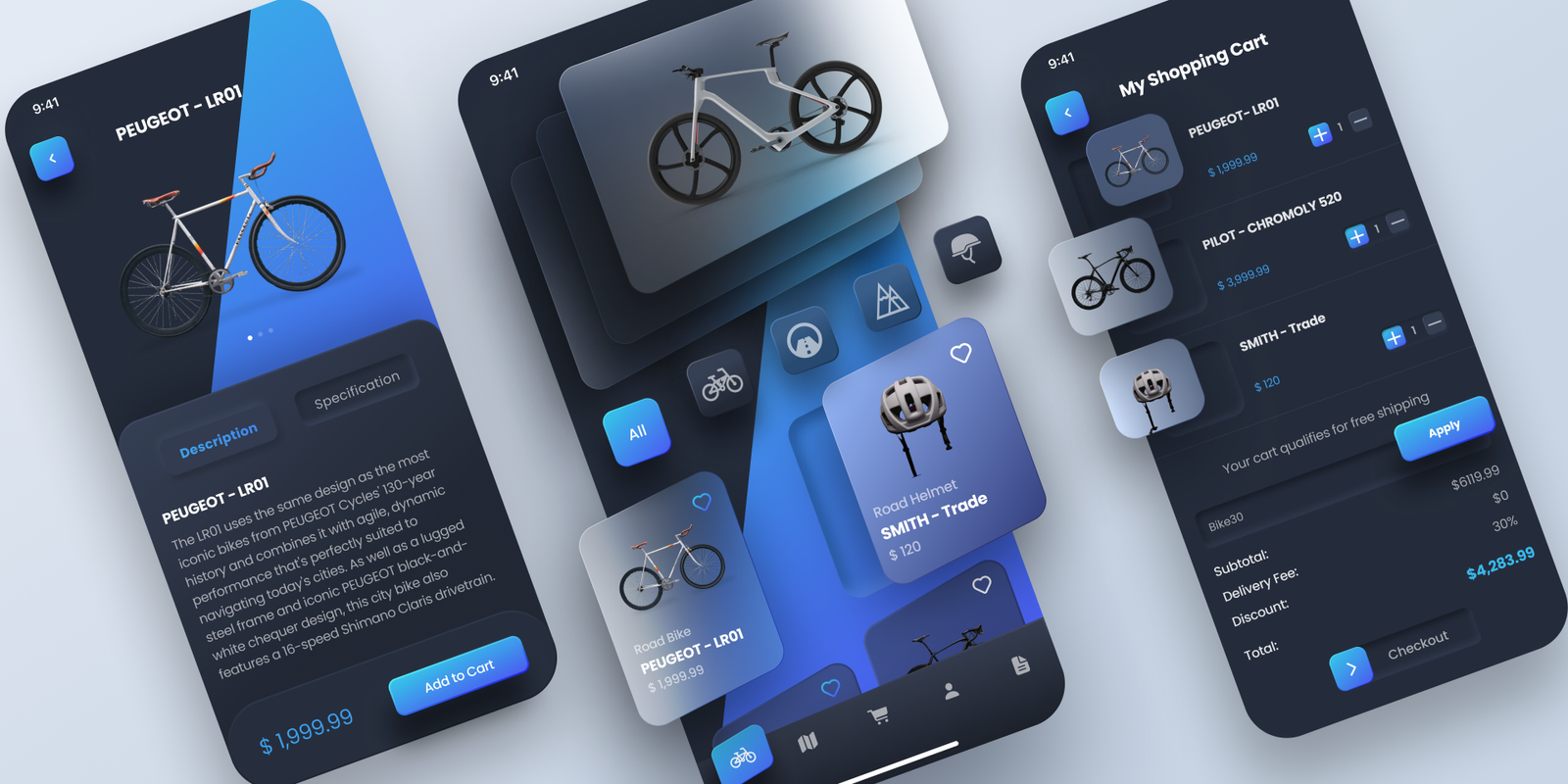
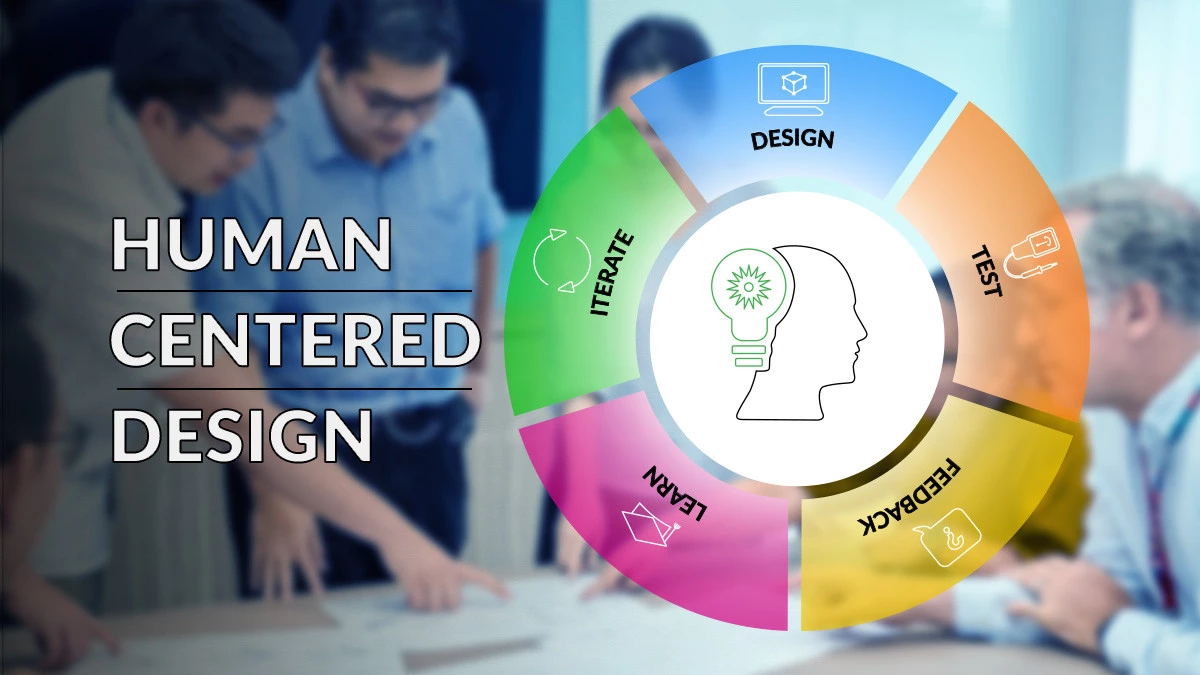

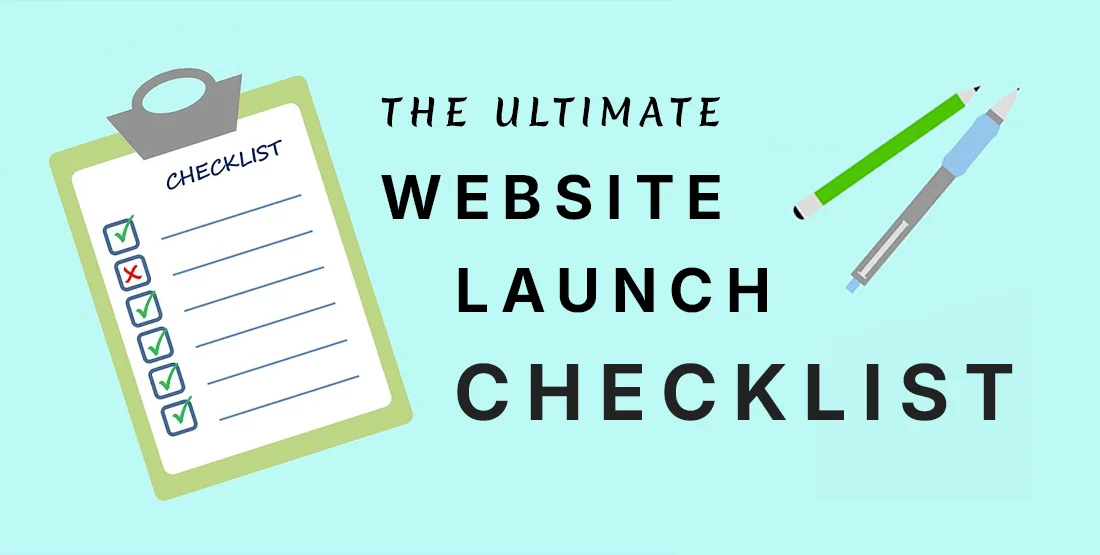
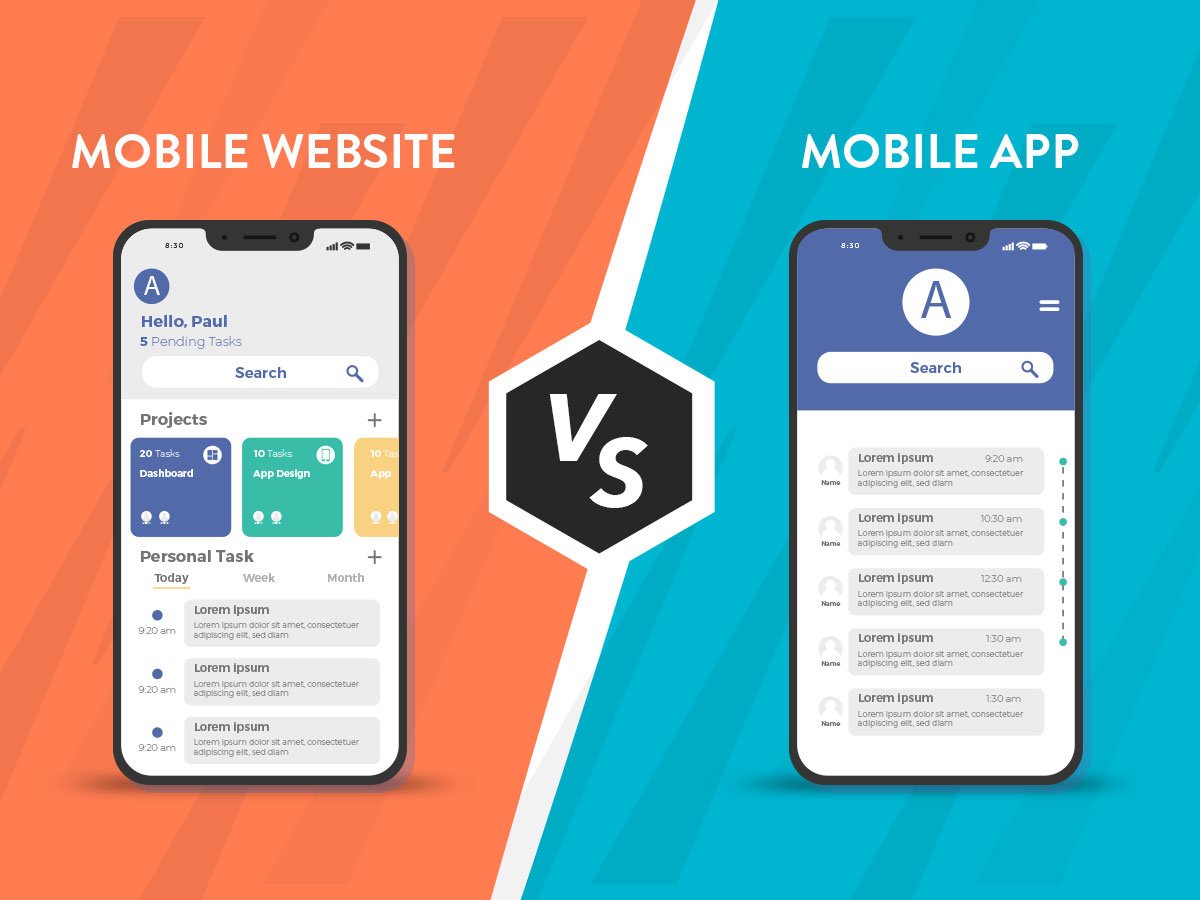

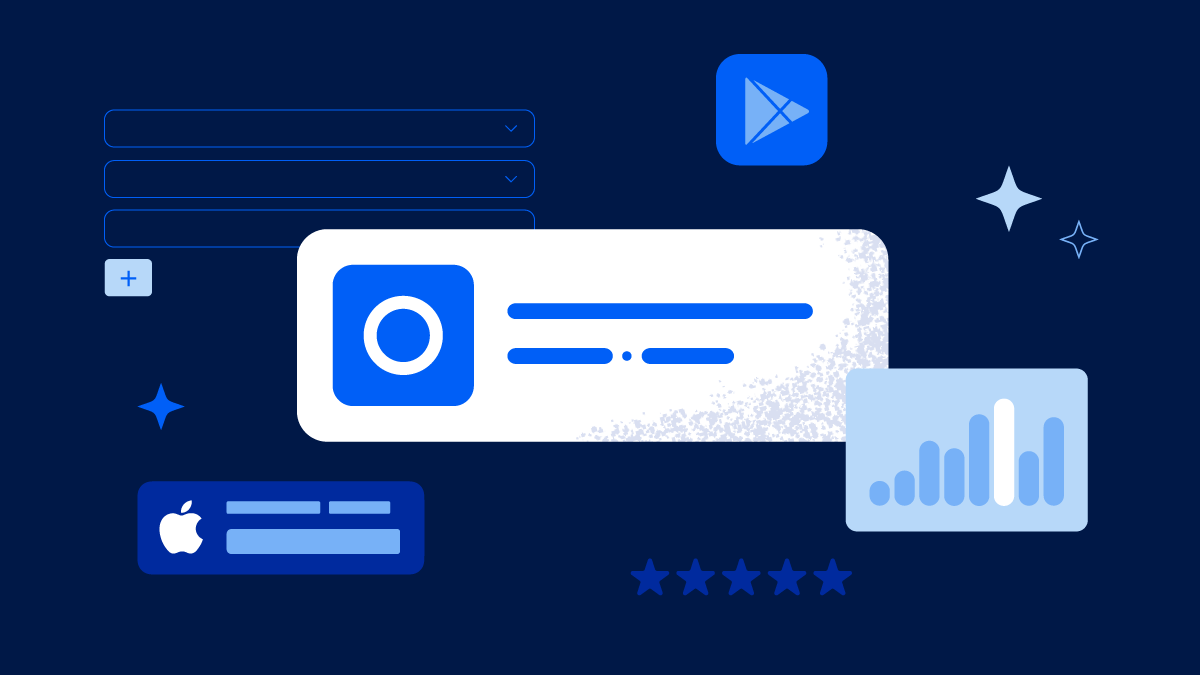
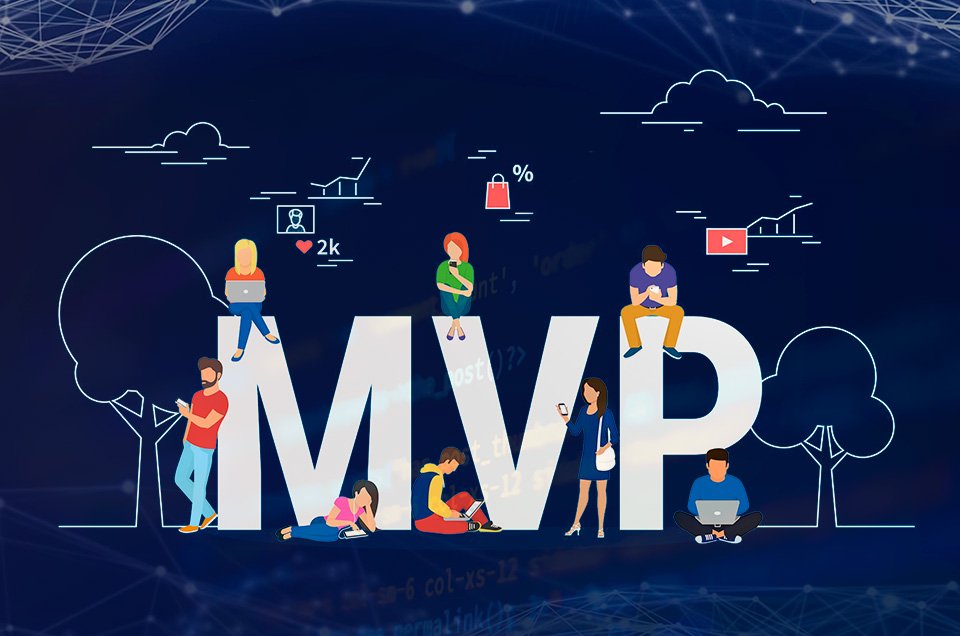
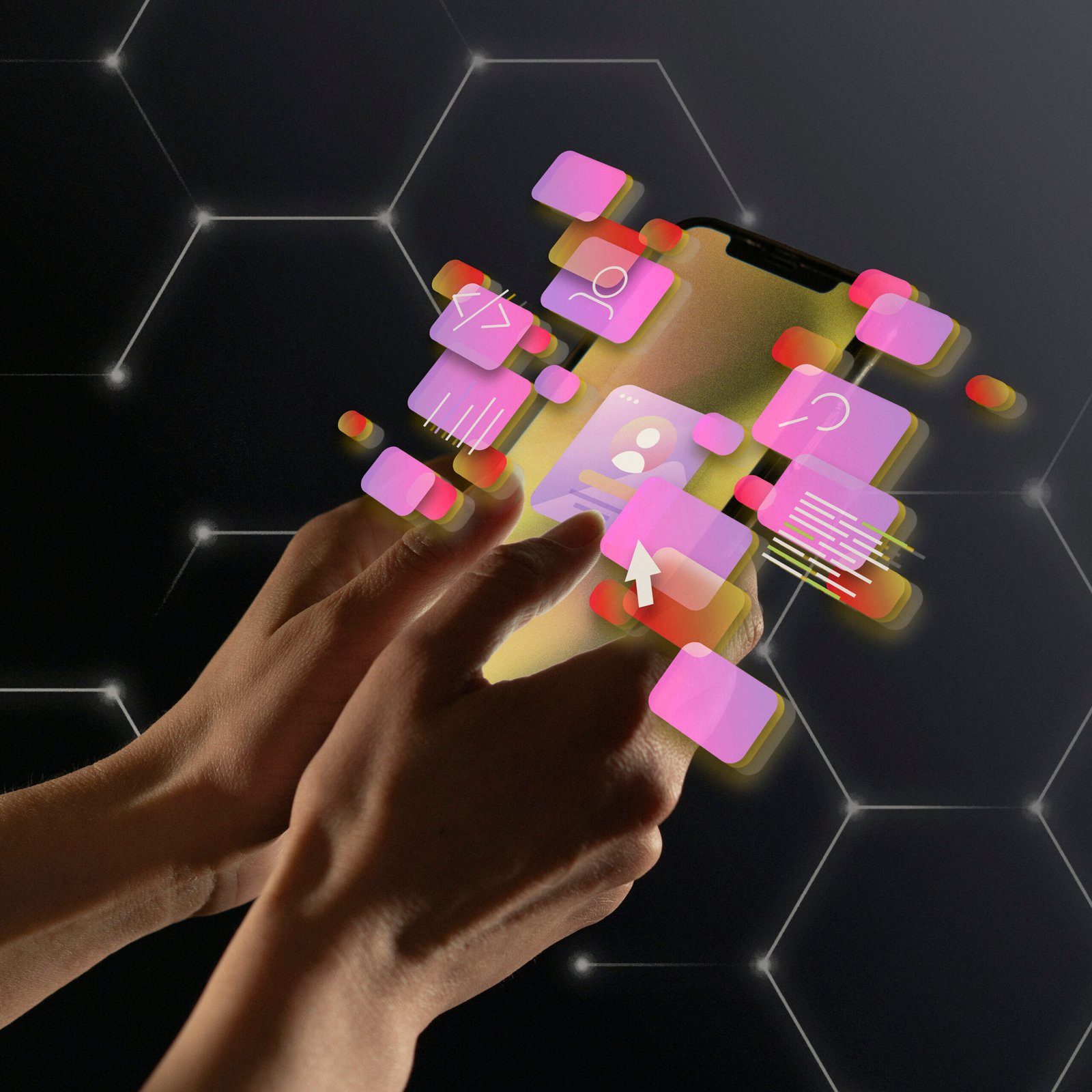
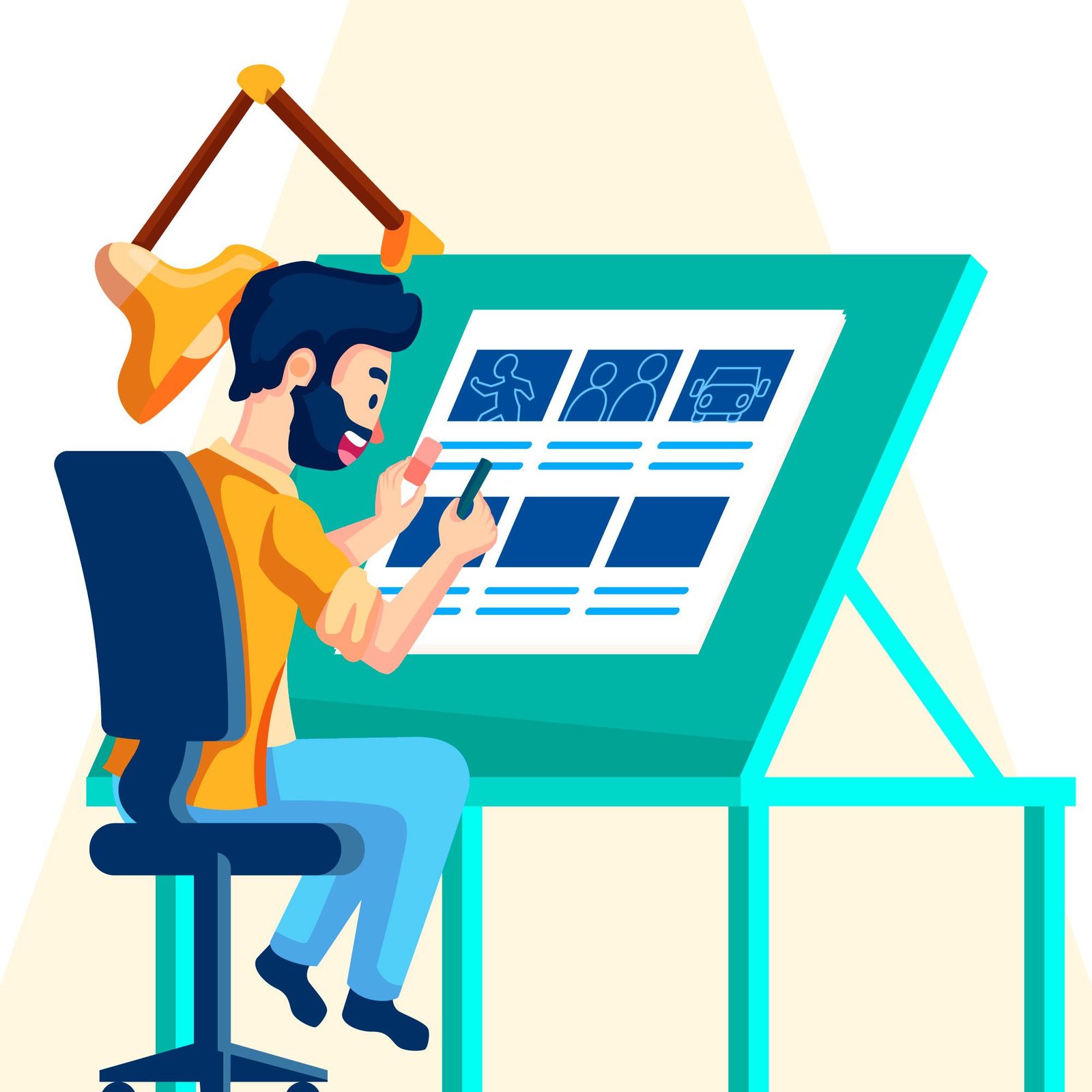
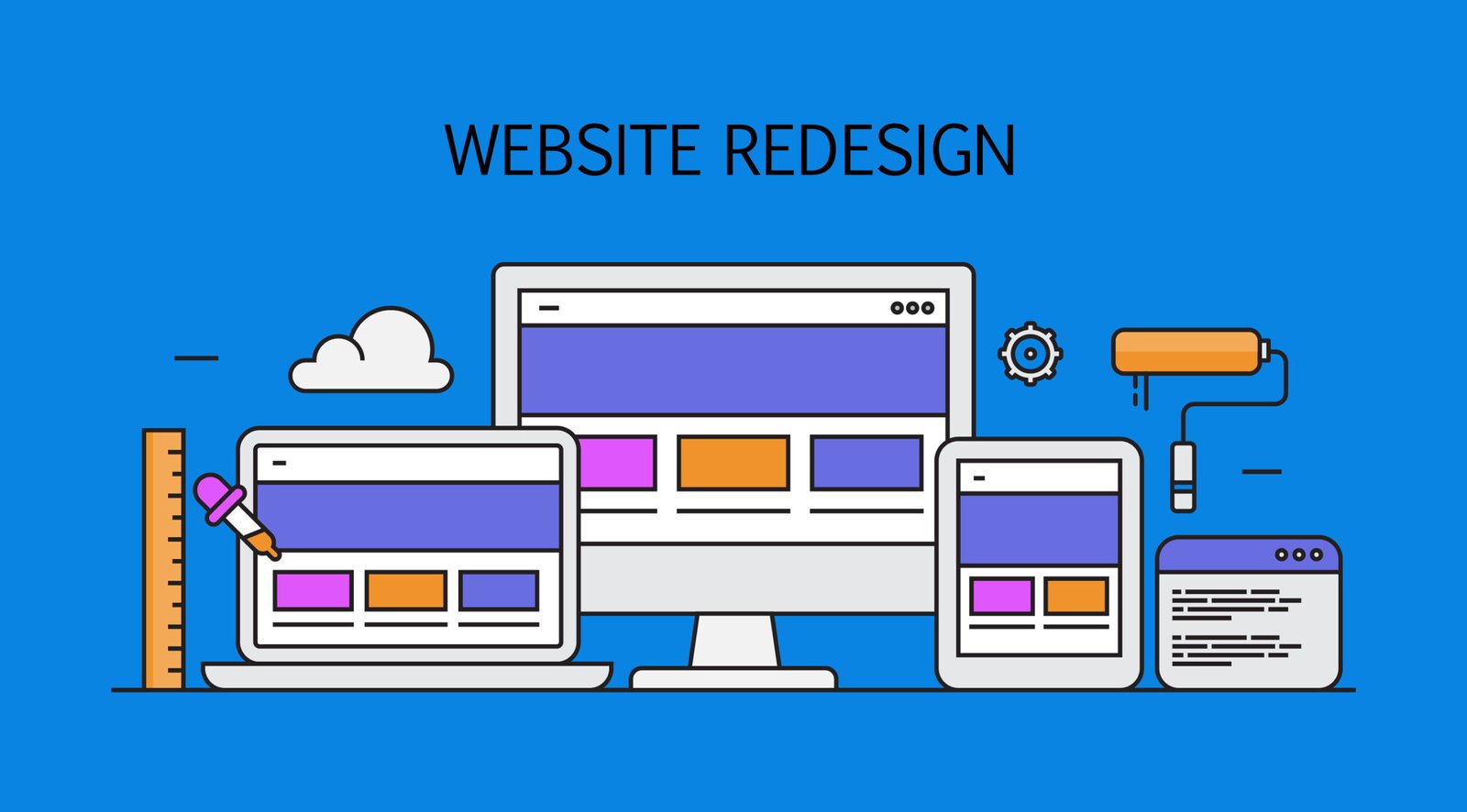
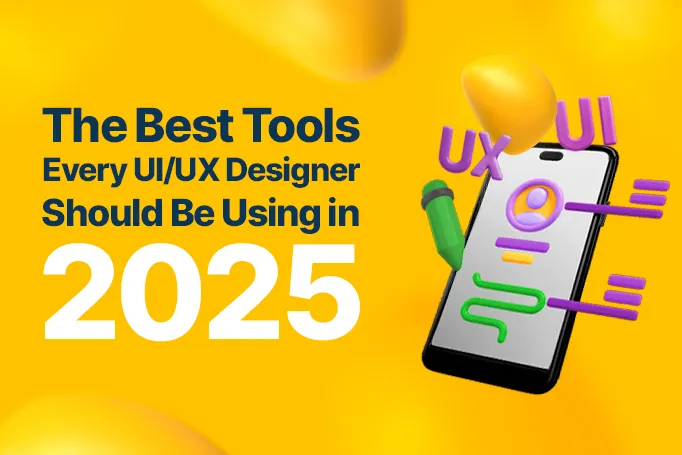
![Case Study: How We Helped [Client] Scale with a Custom Mobile App](https://uxdlab.com/wp-content/uploads/2025/08/case.png)

